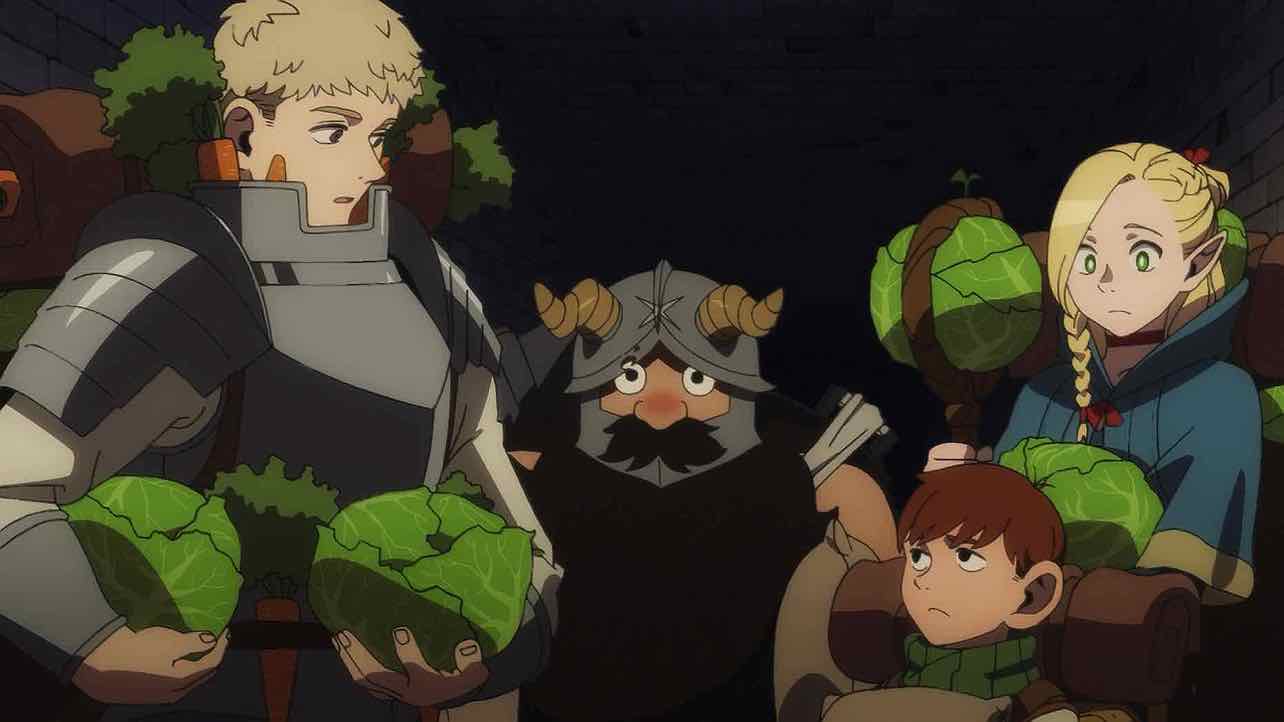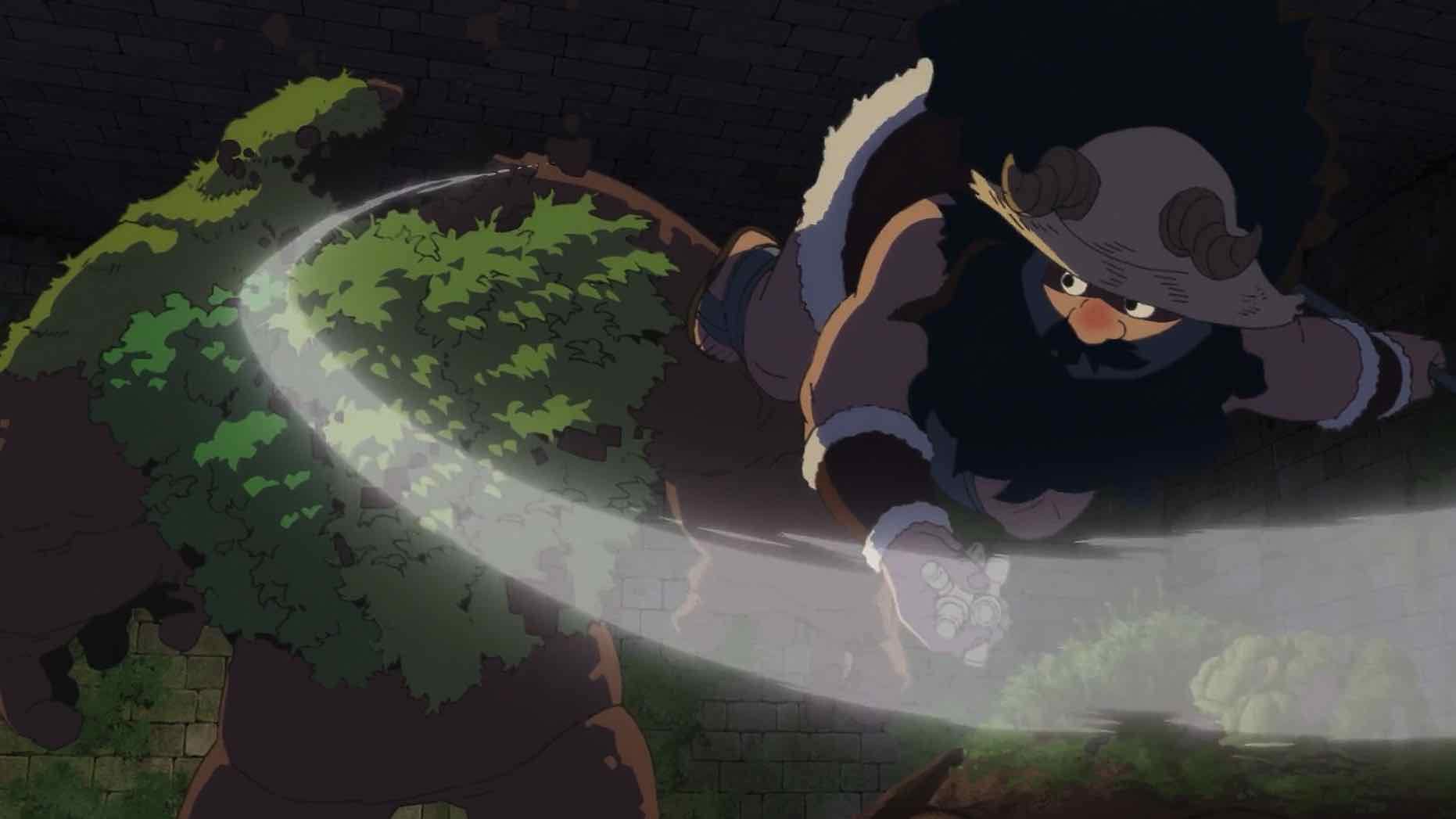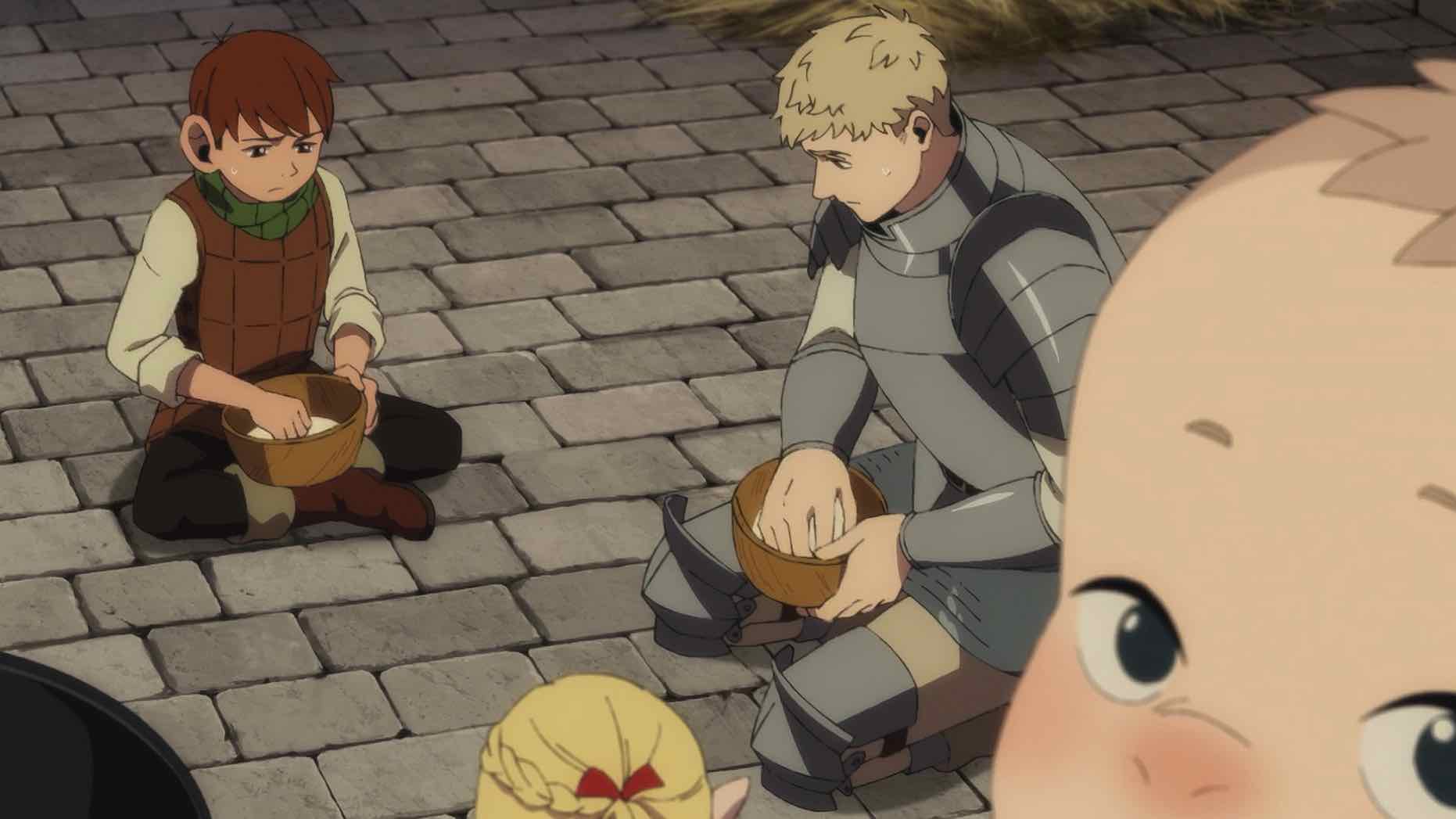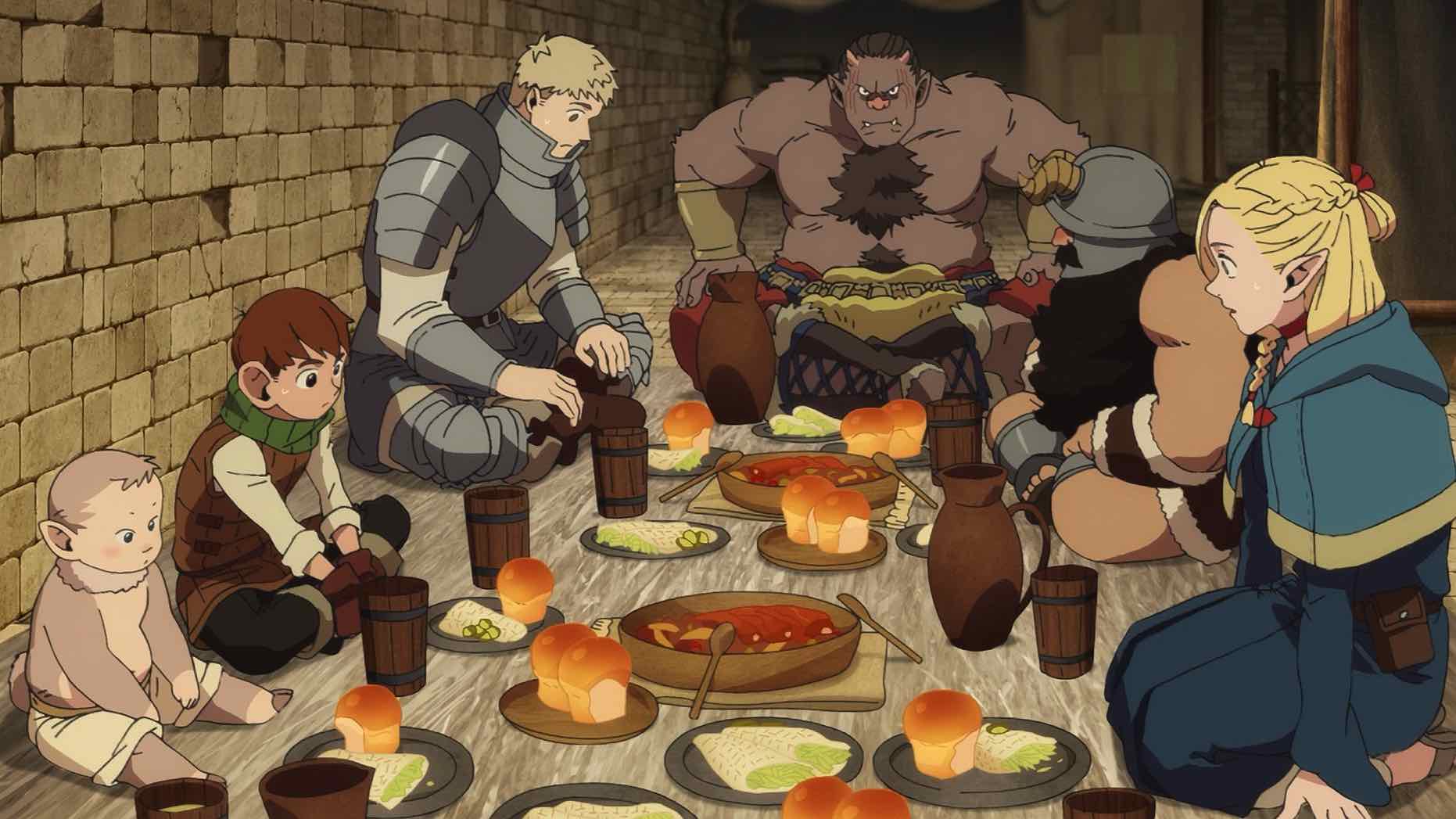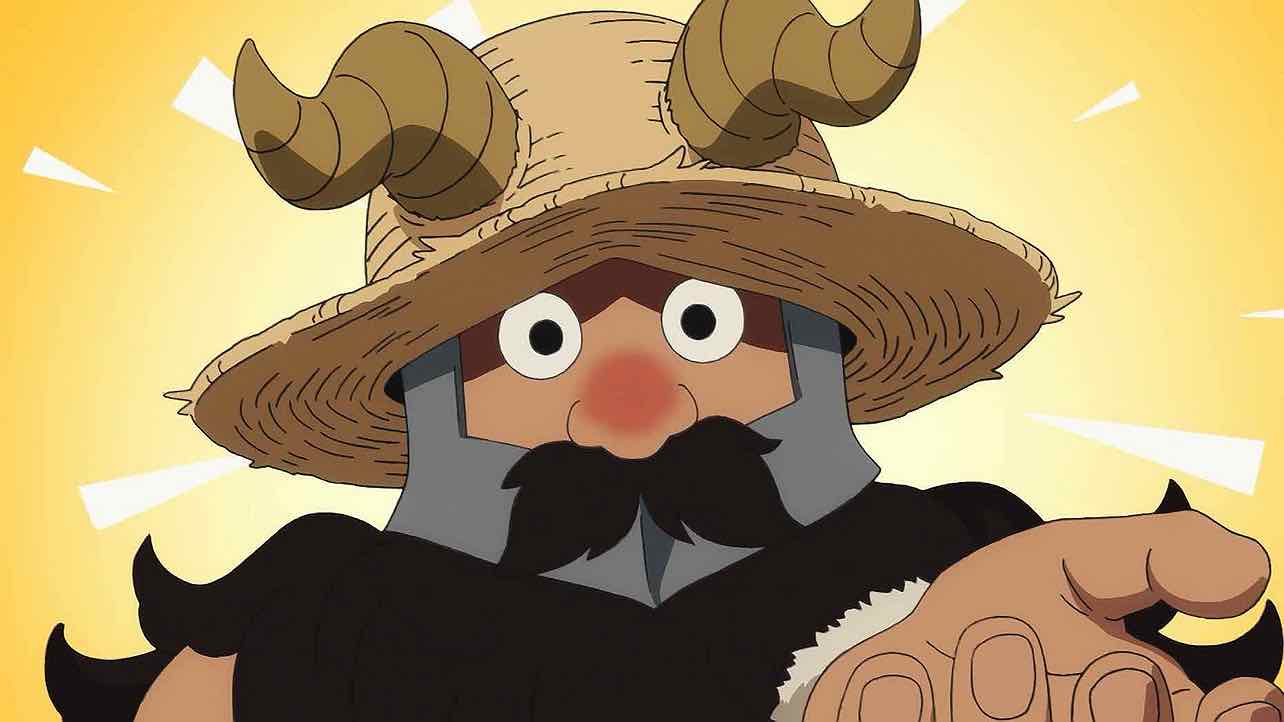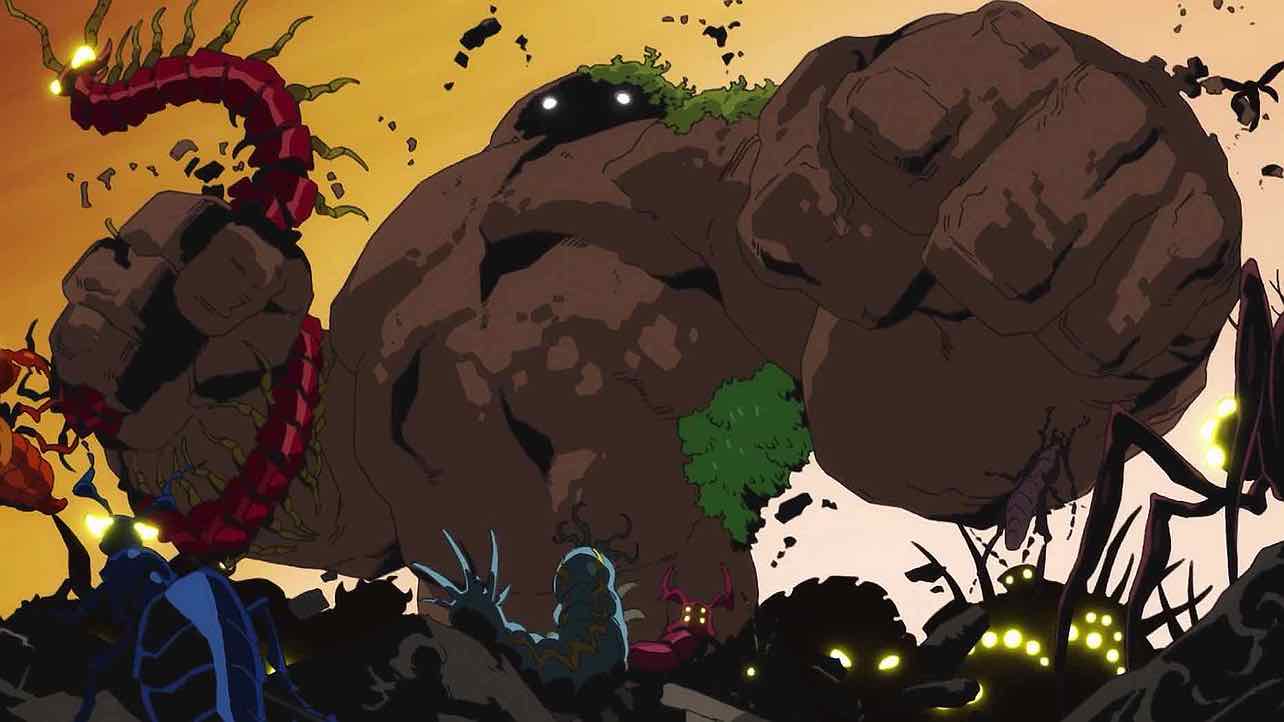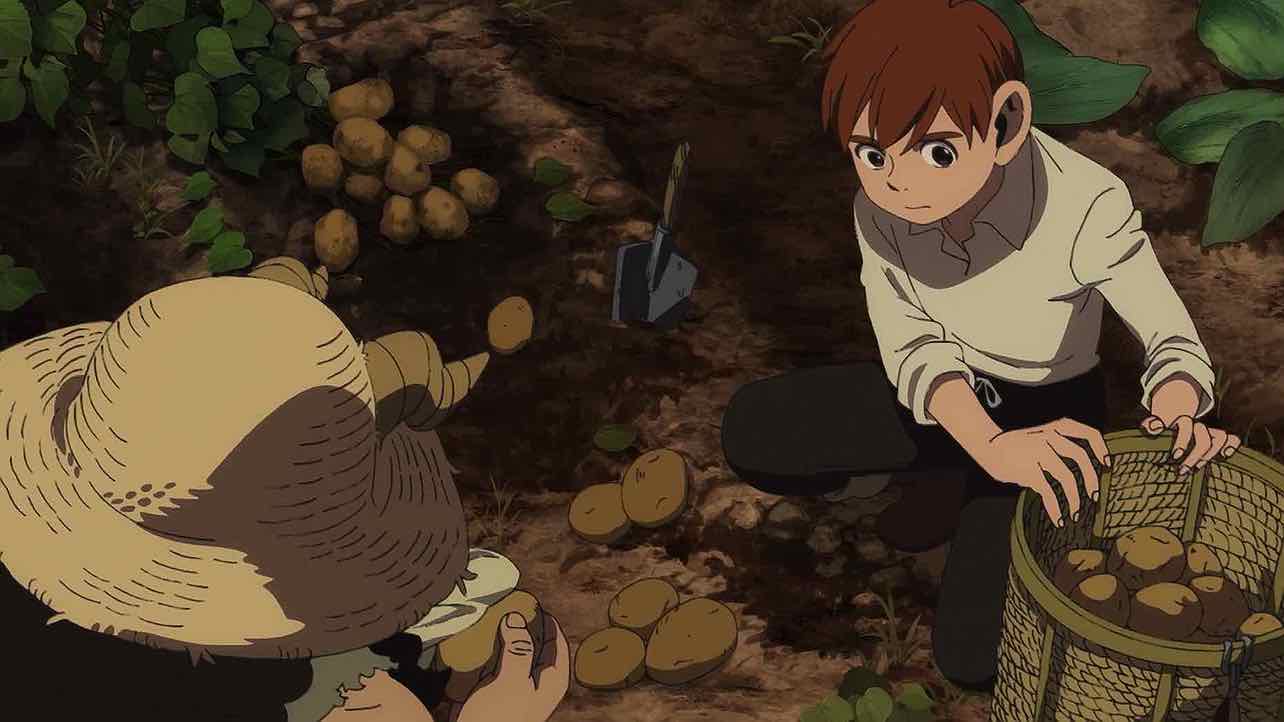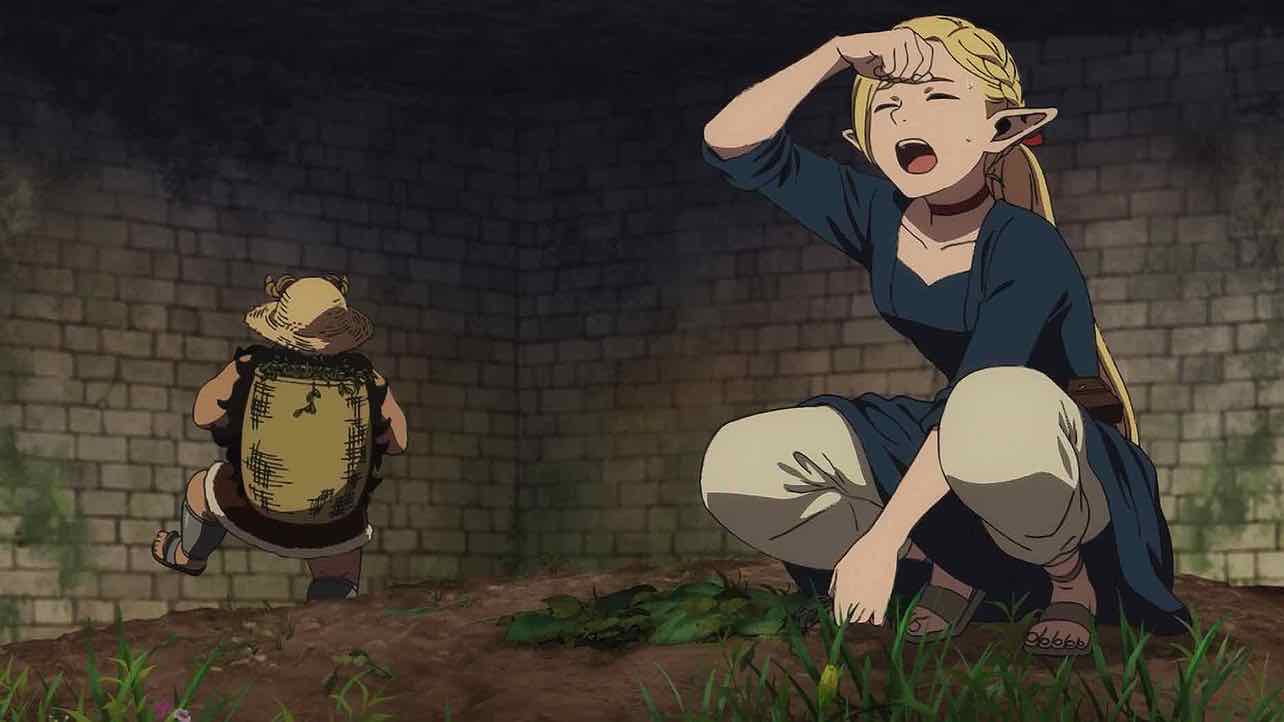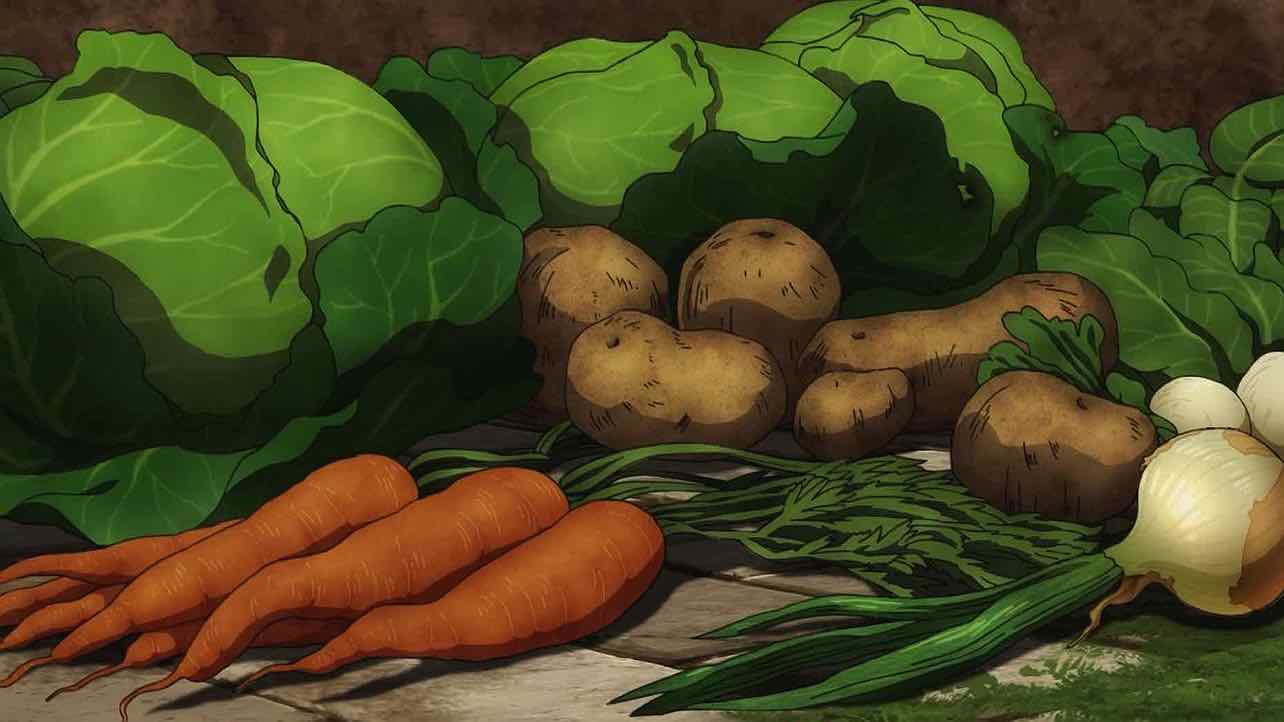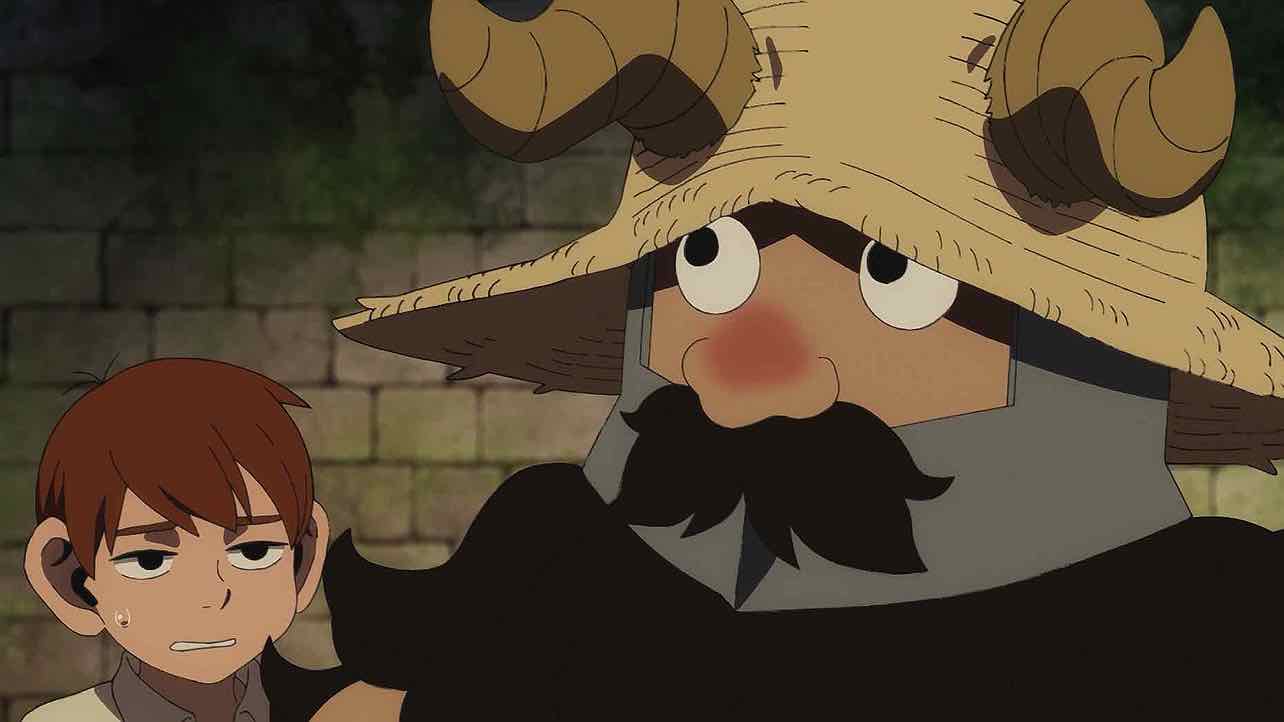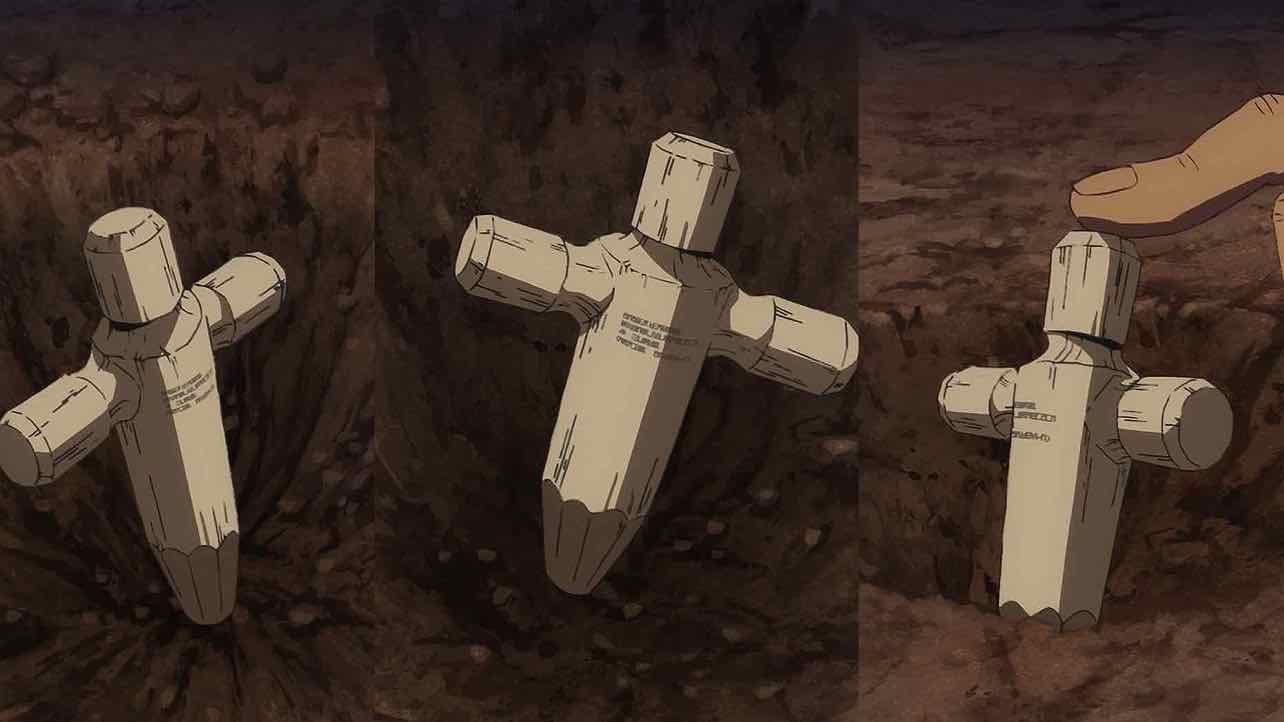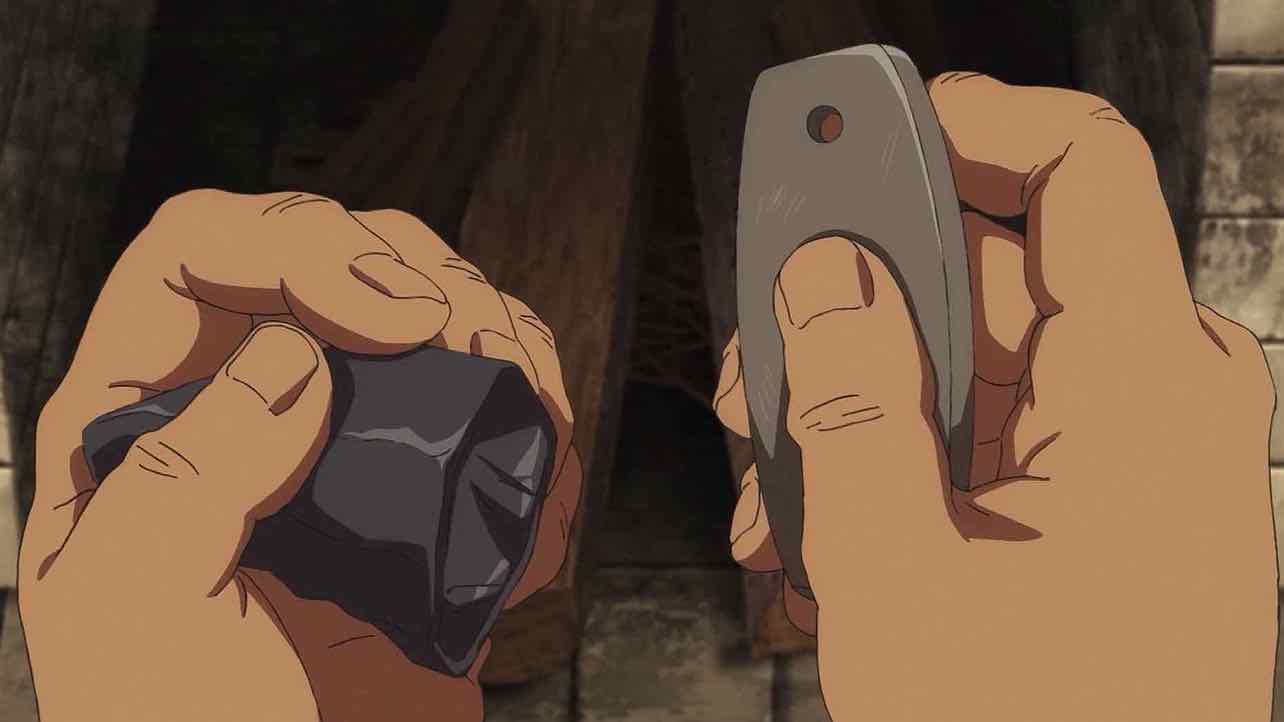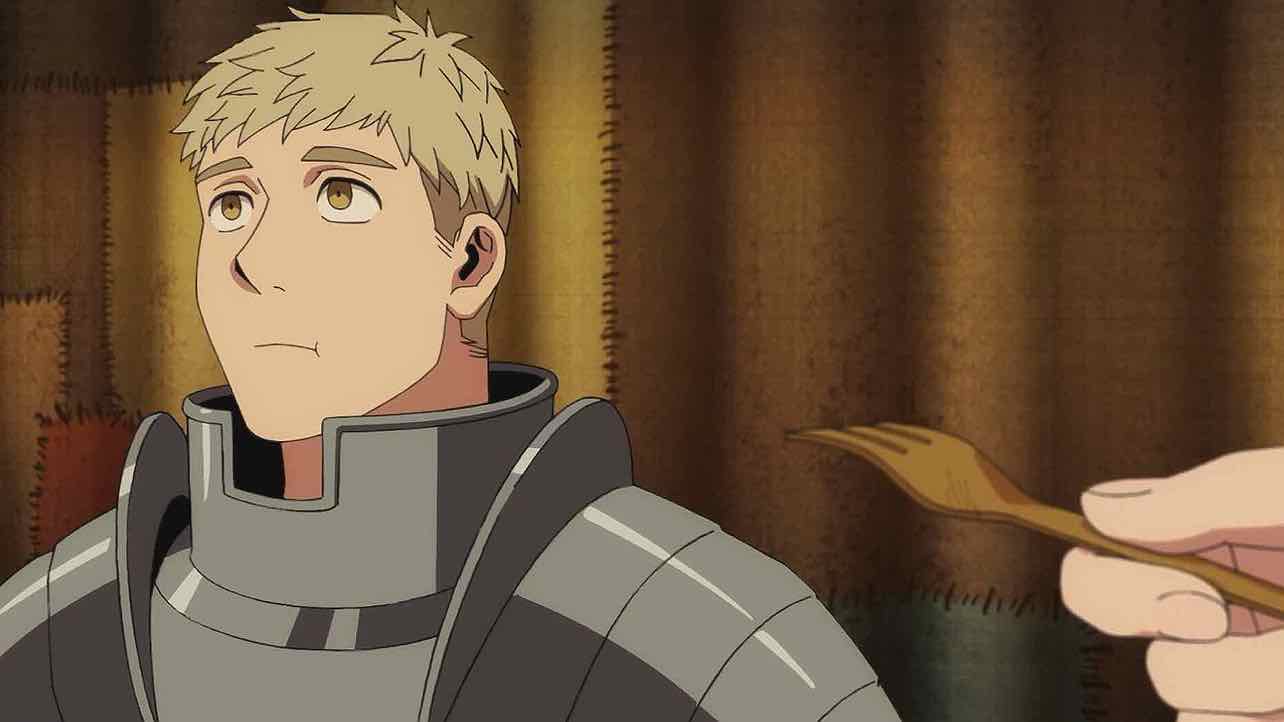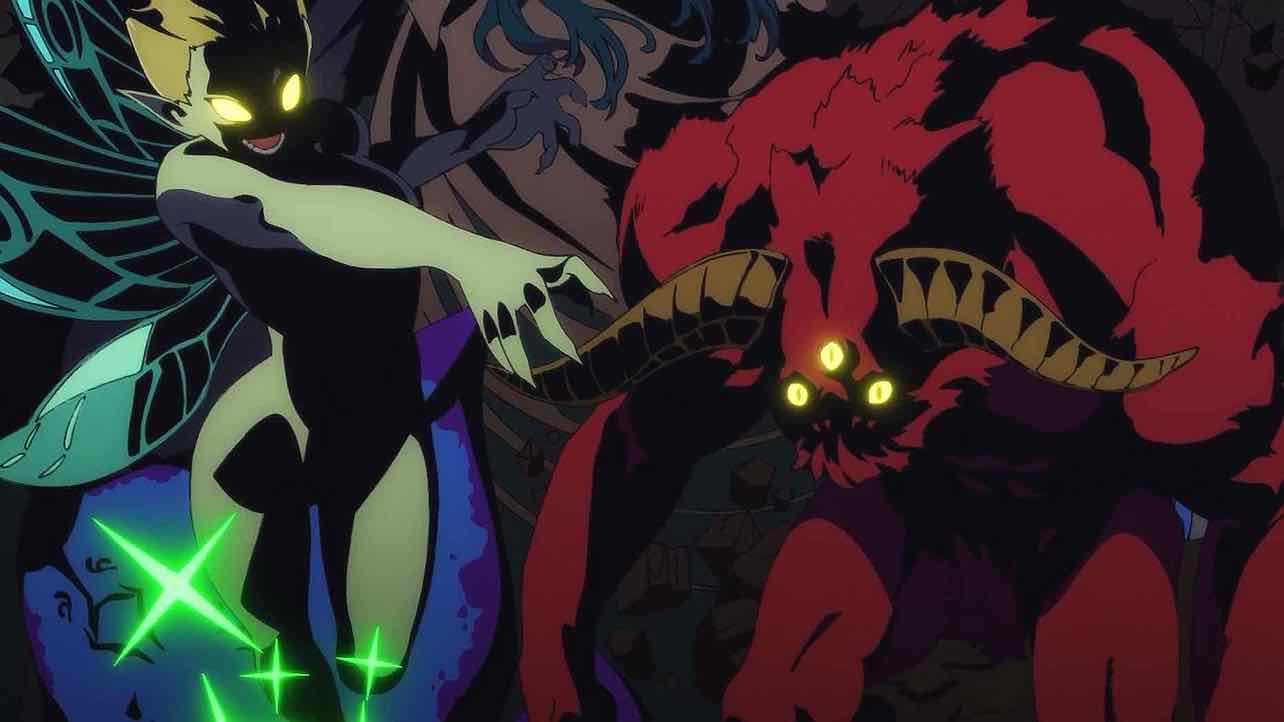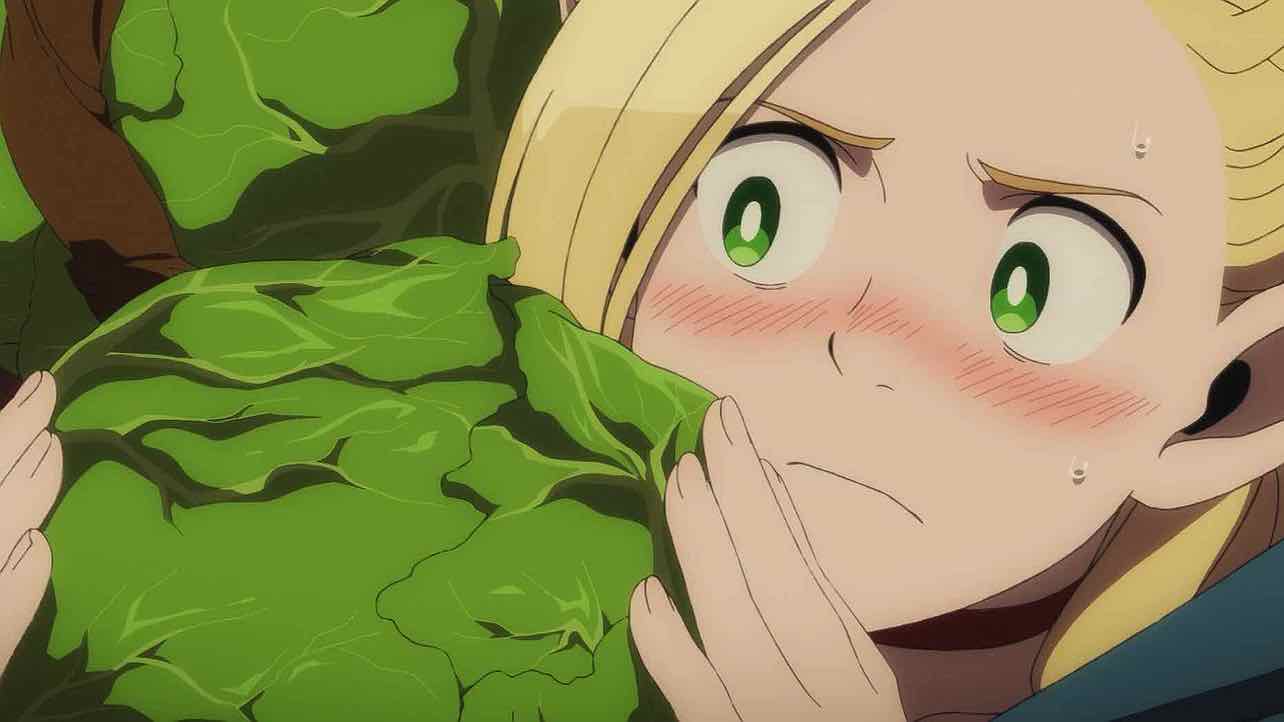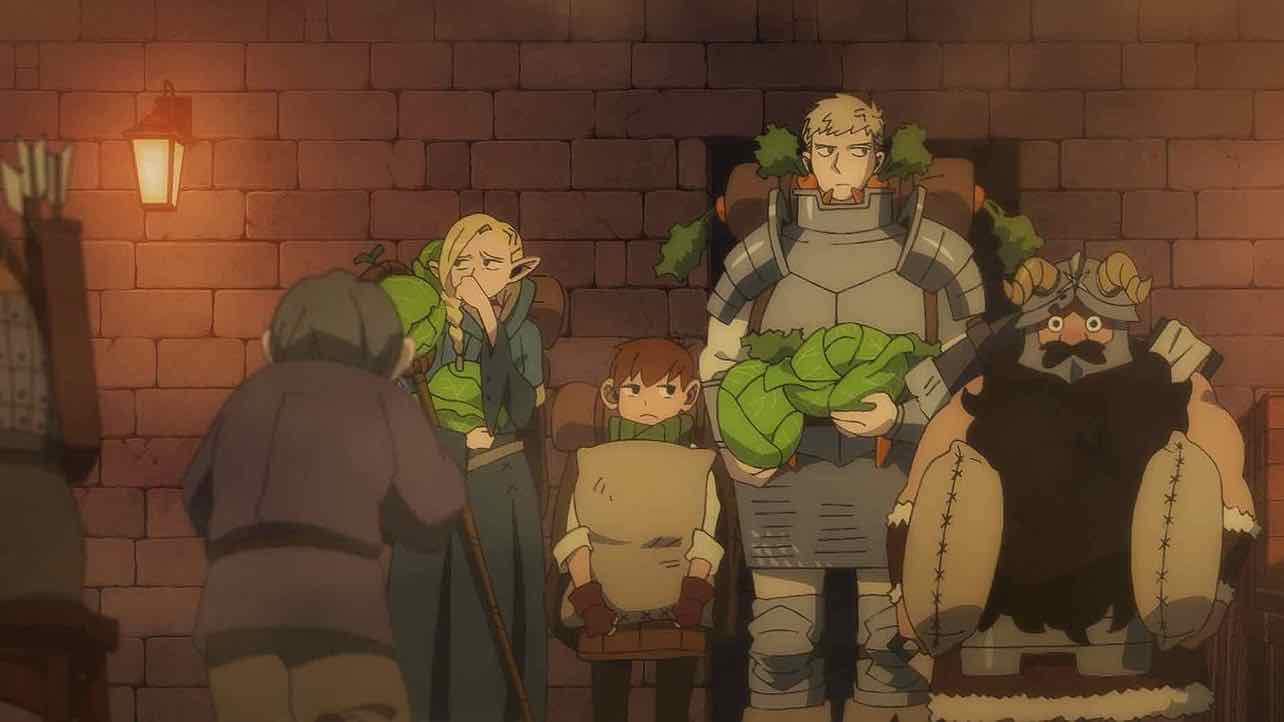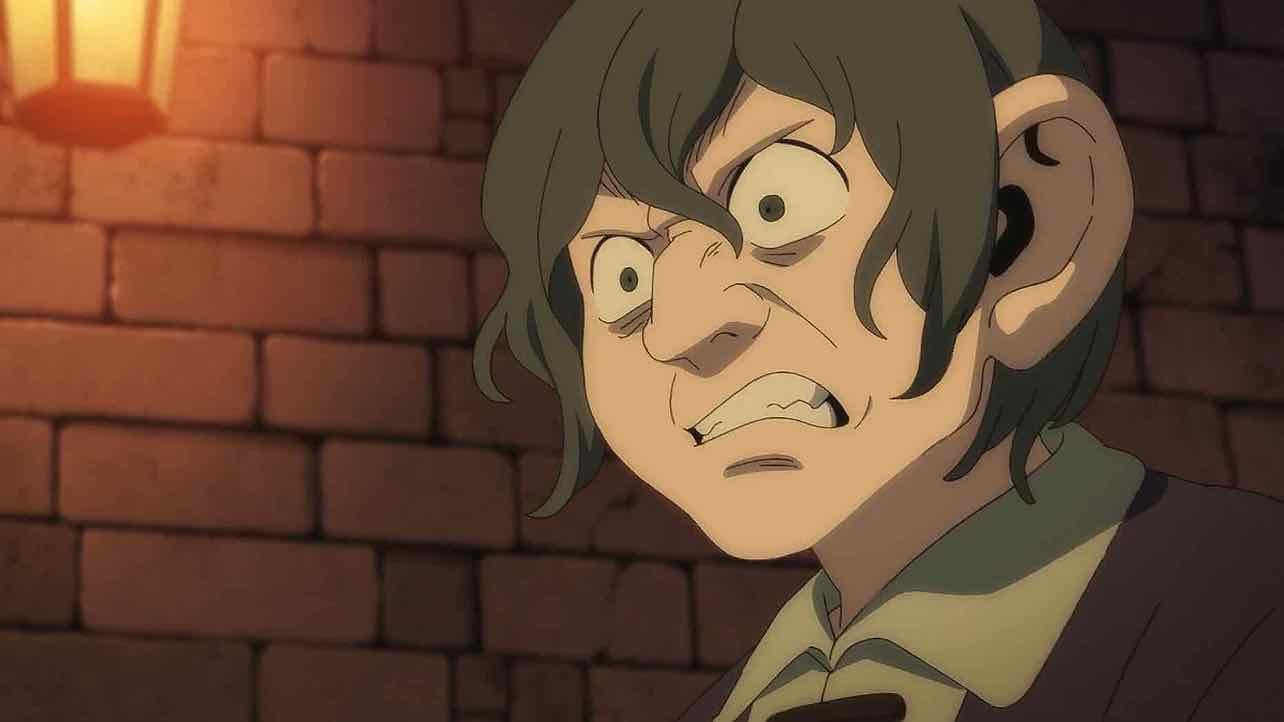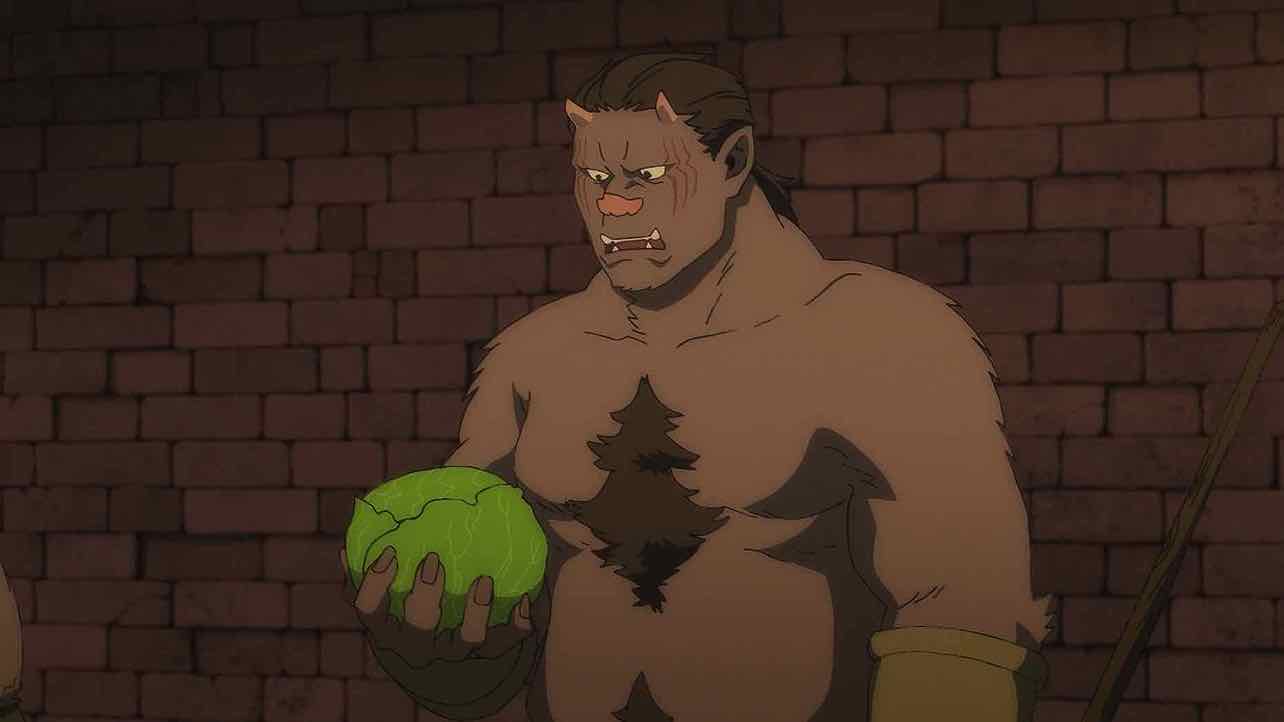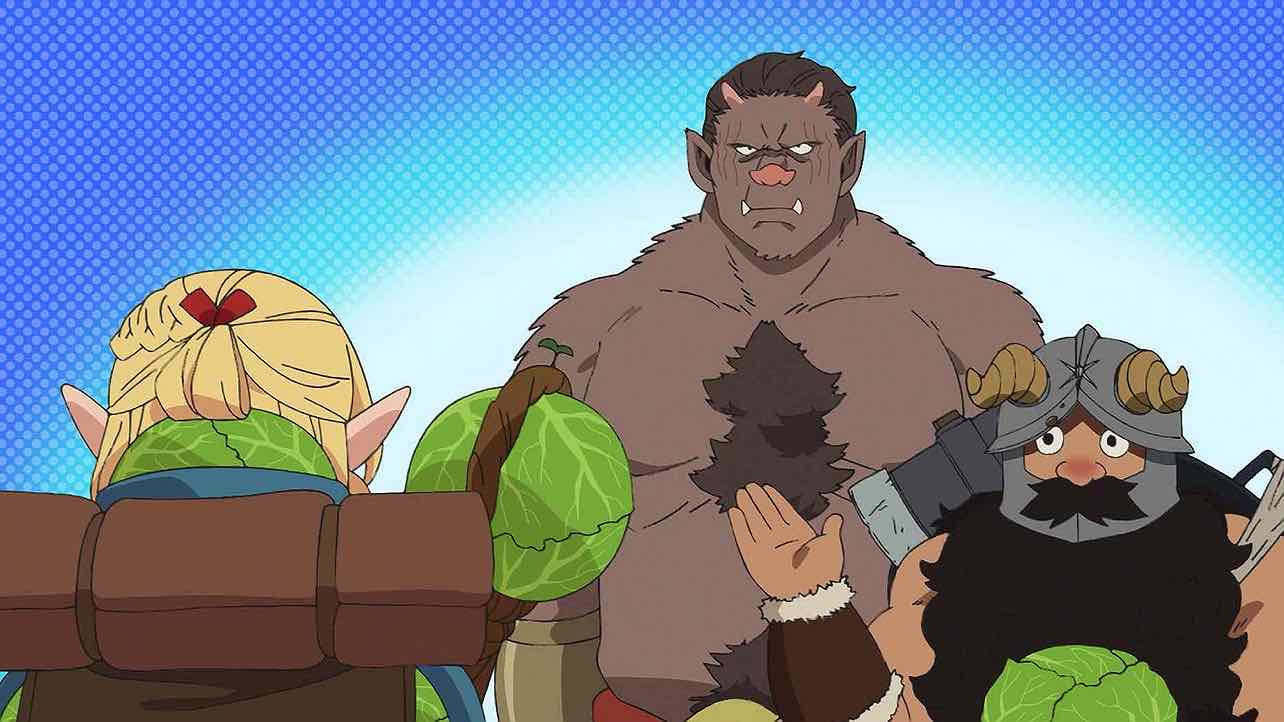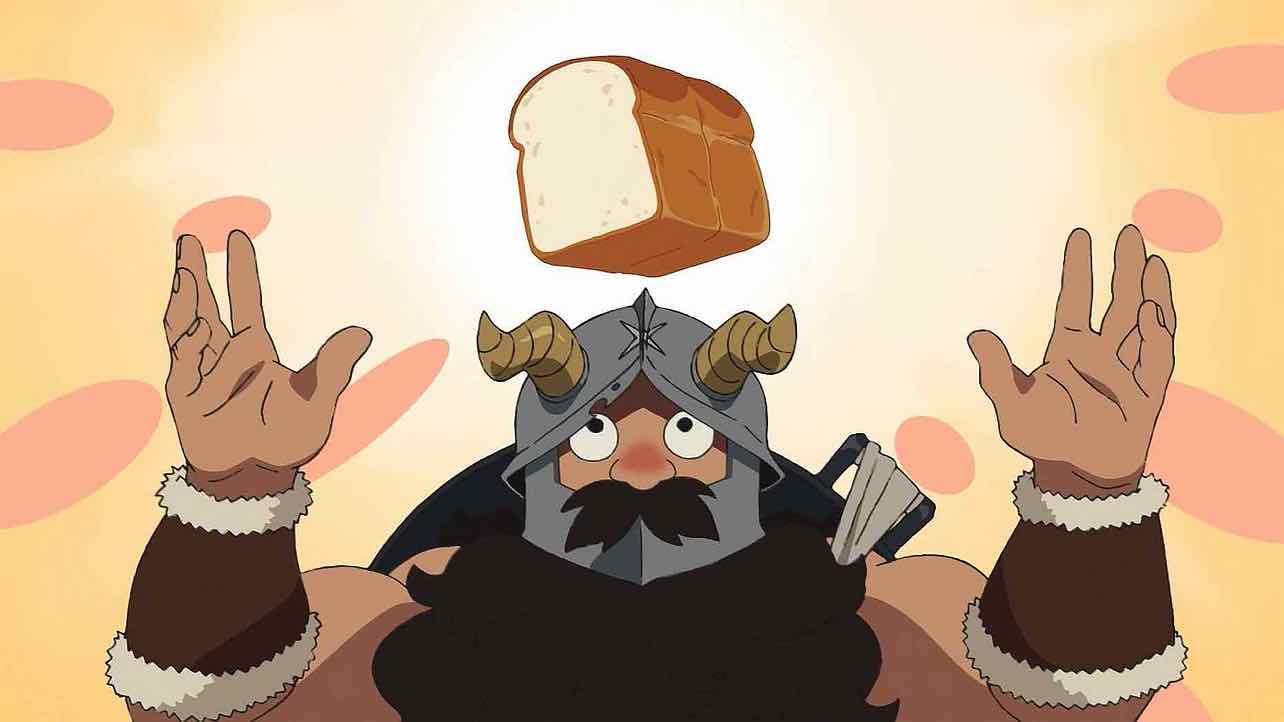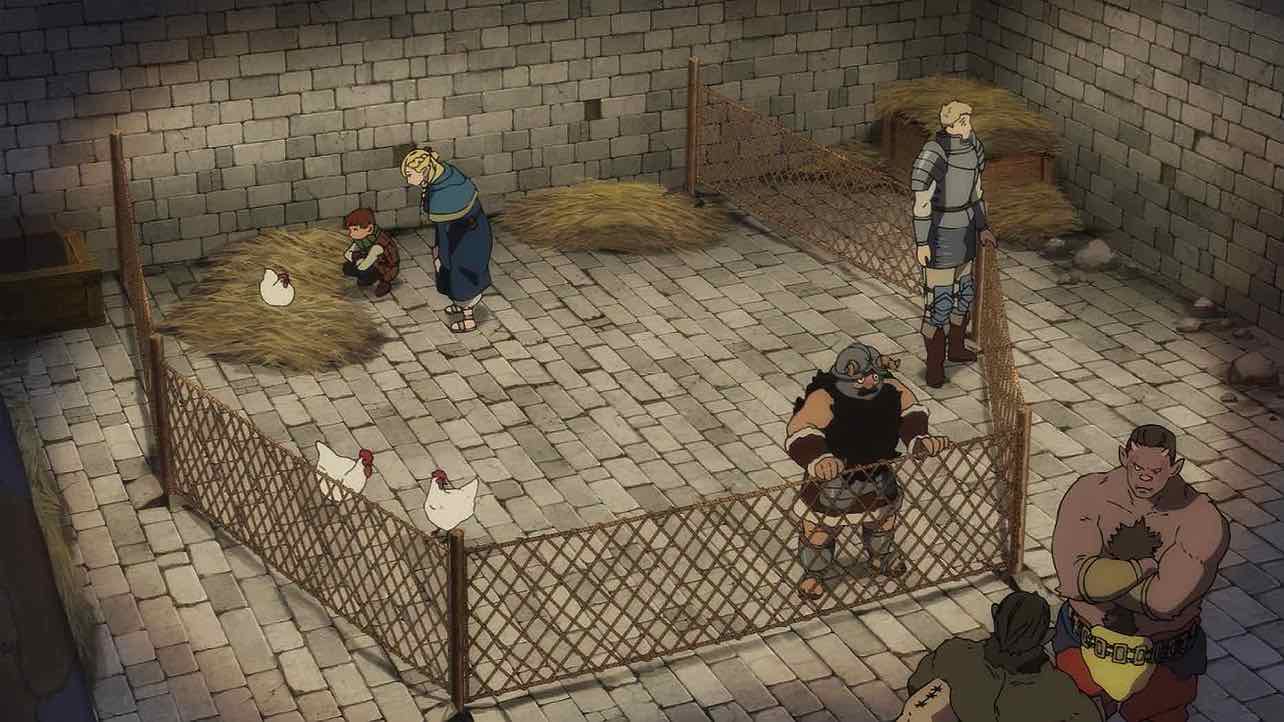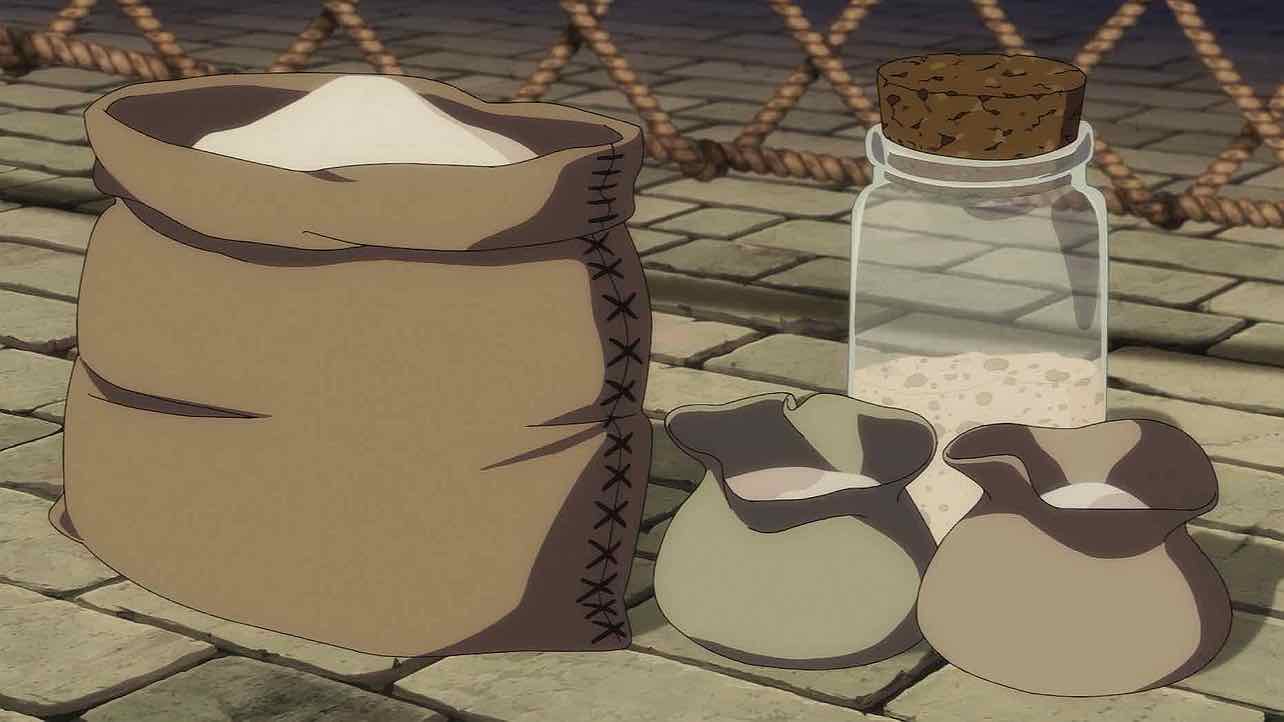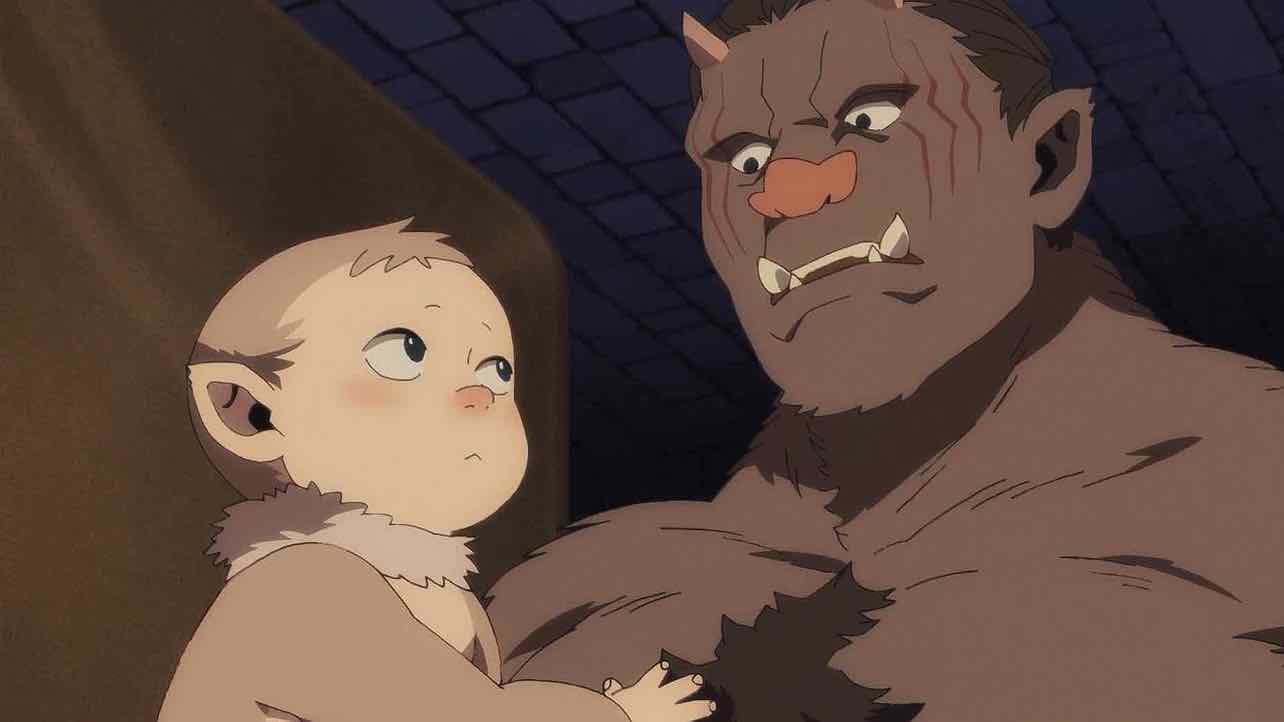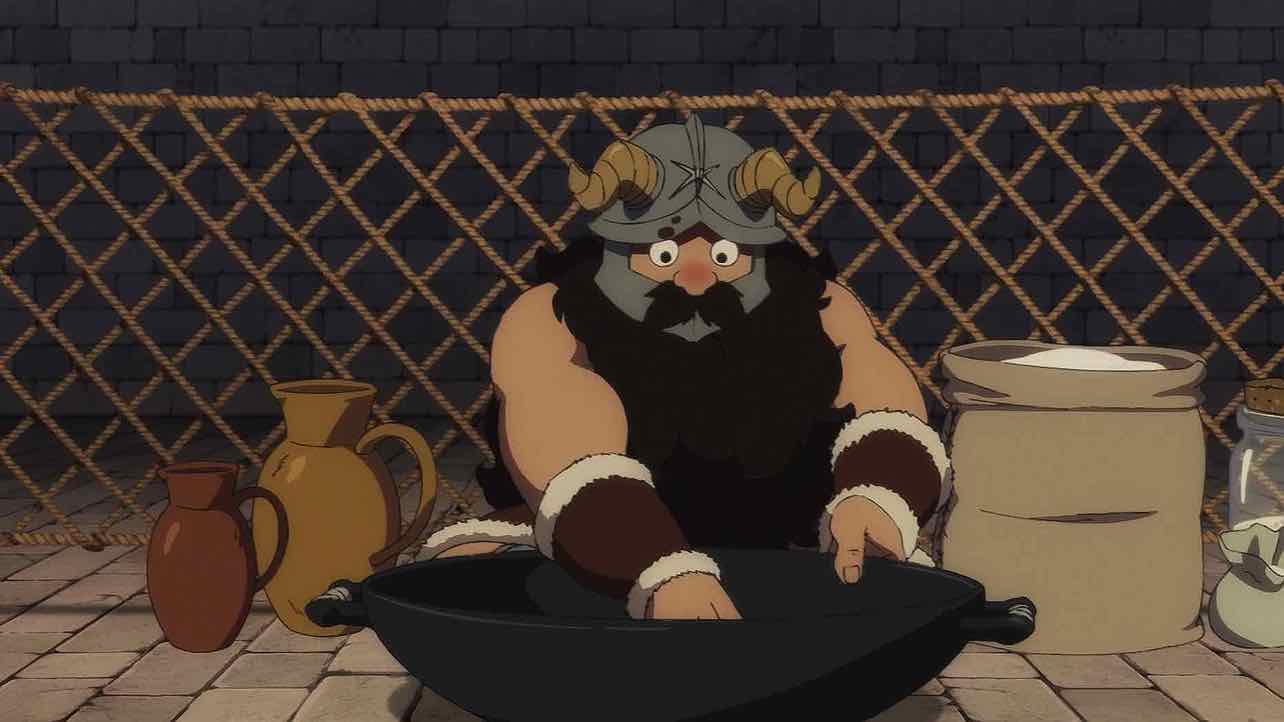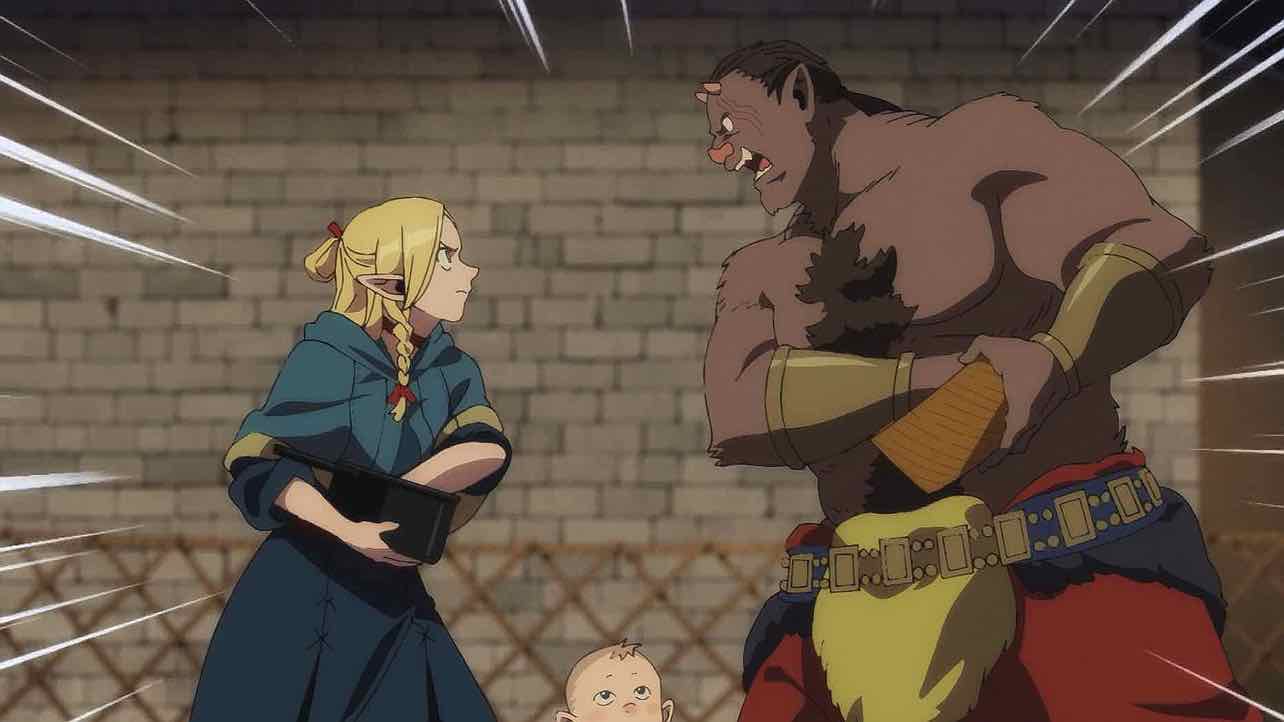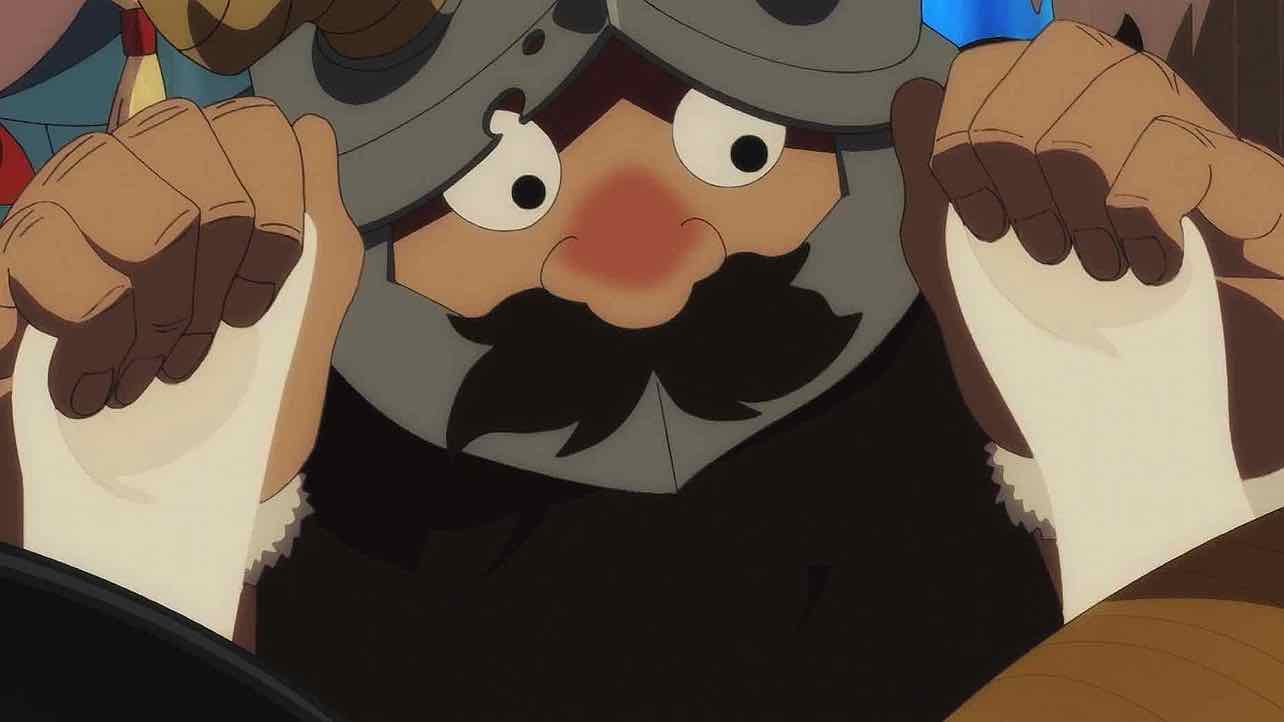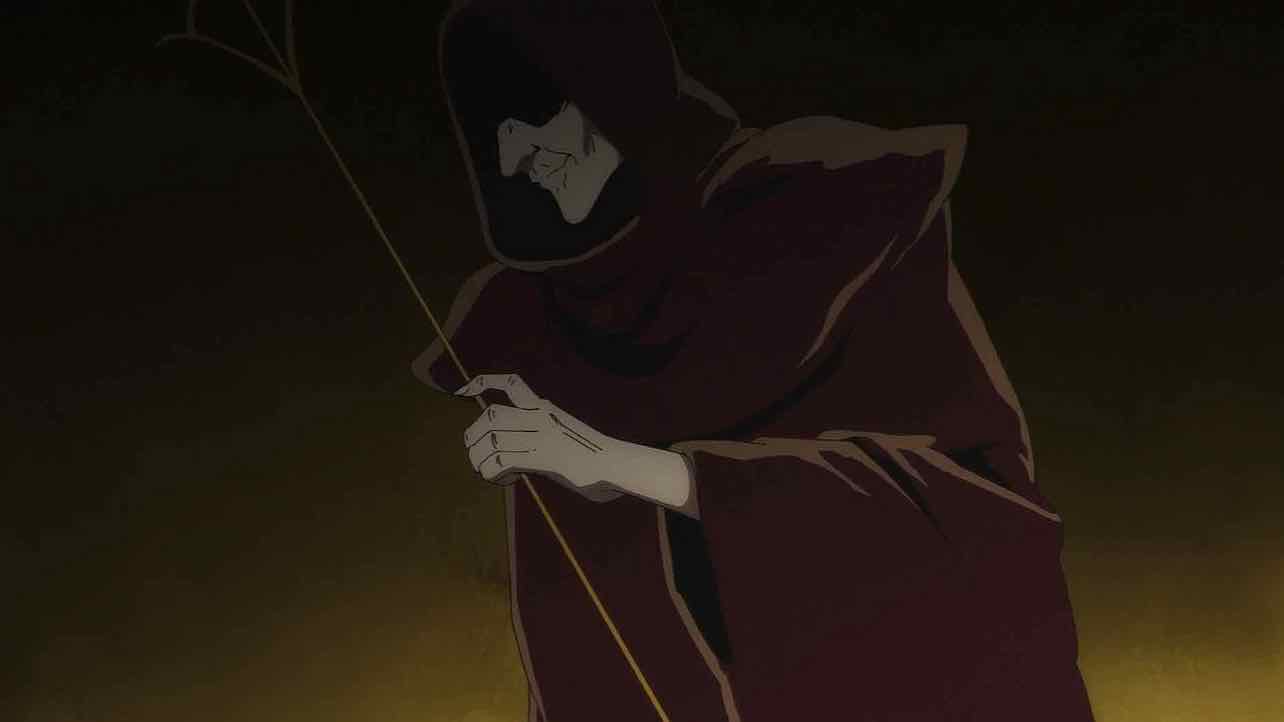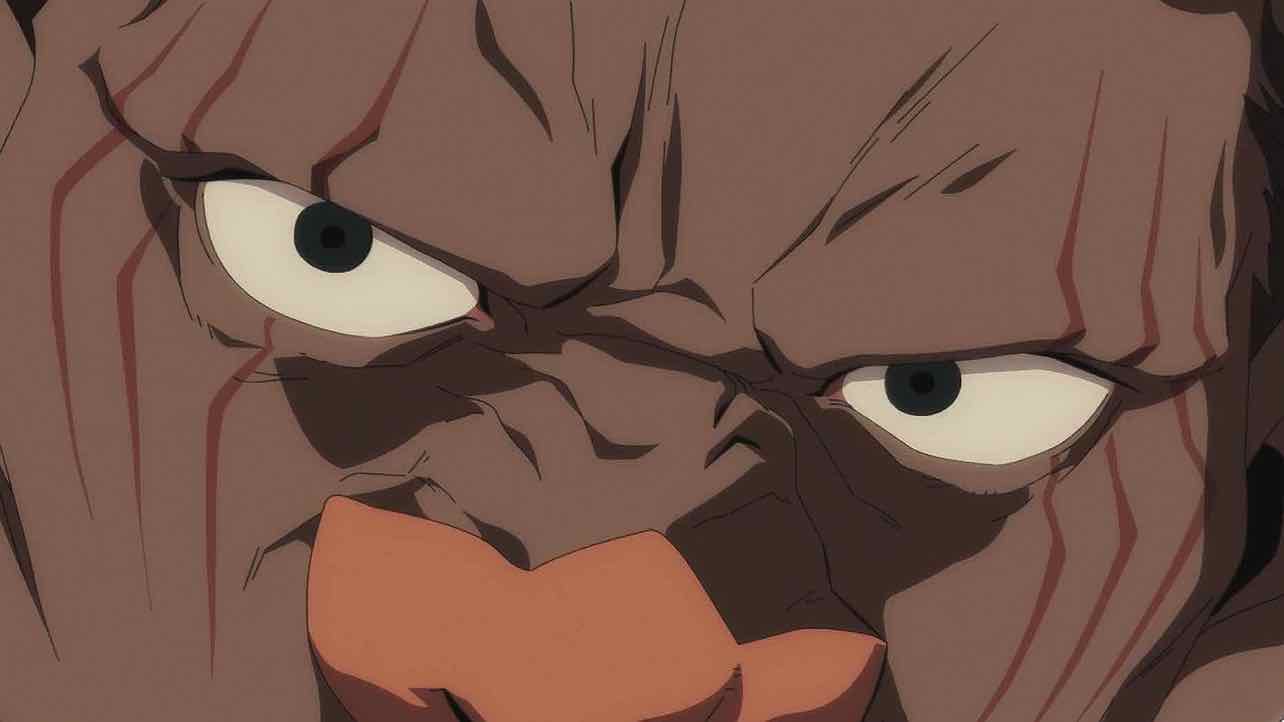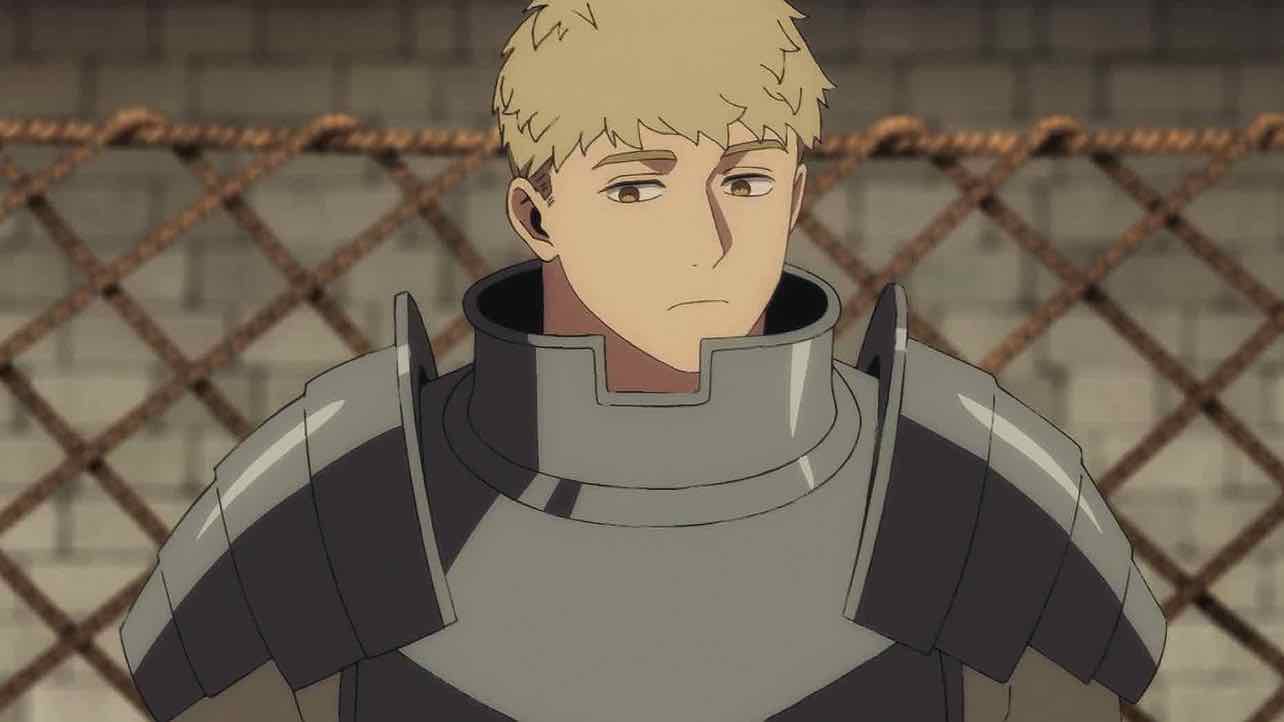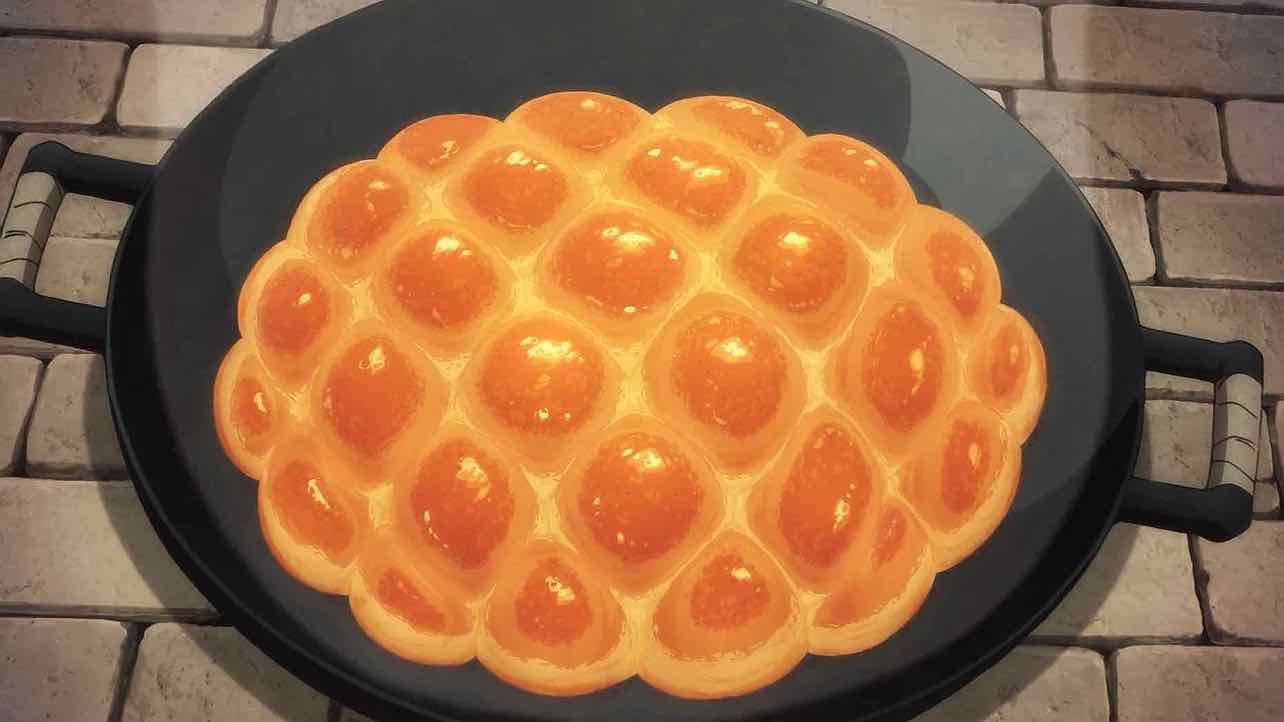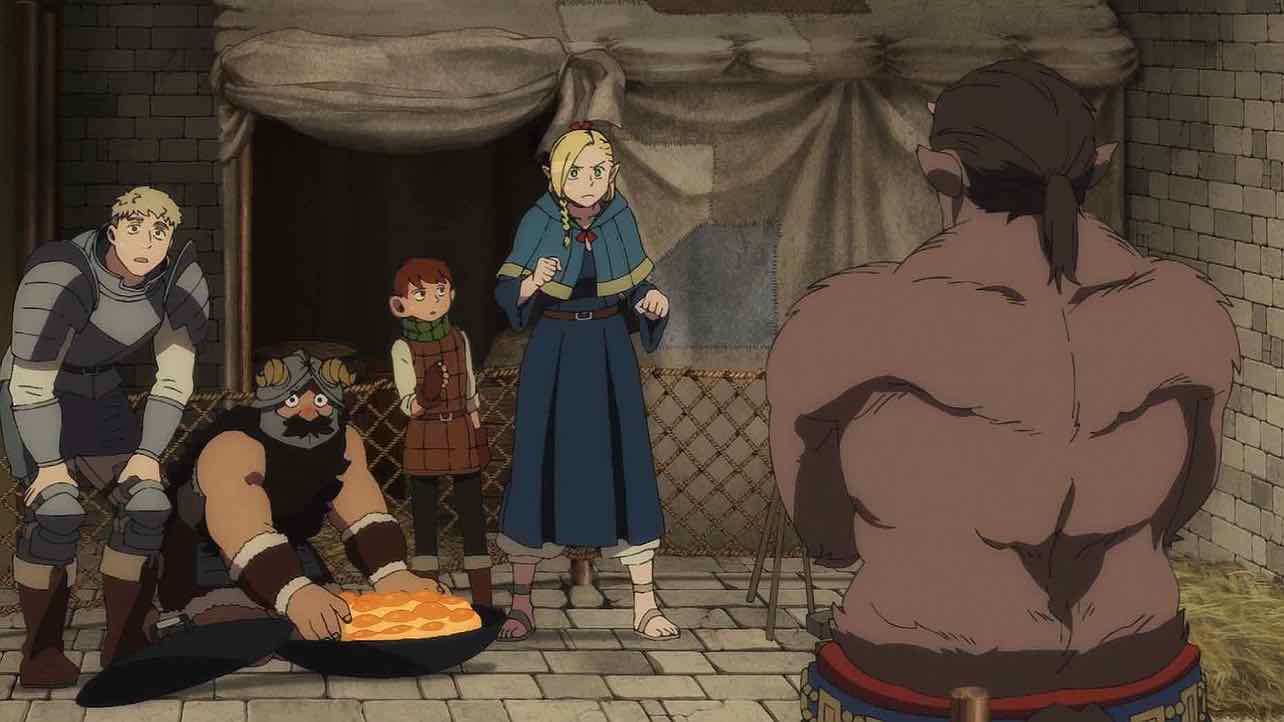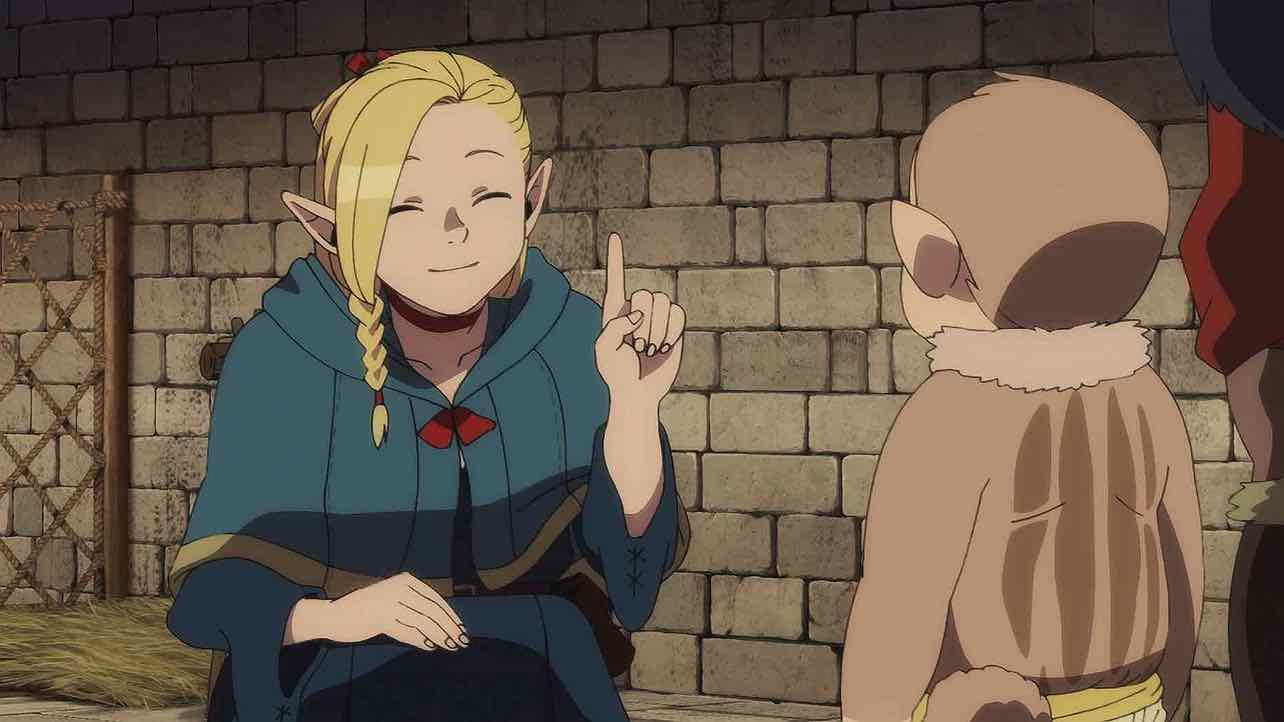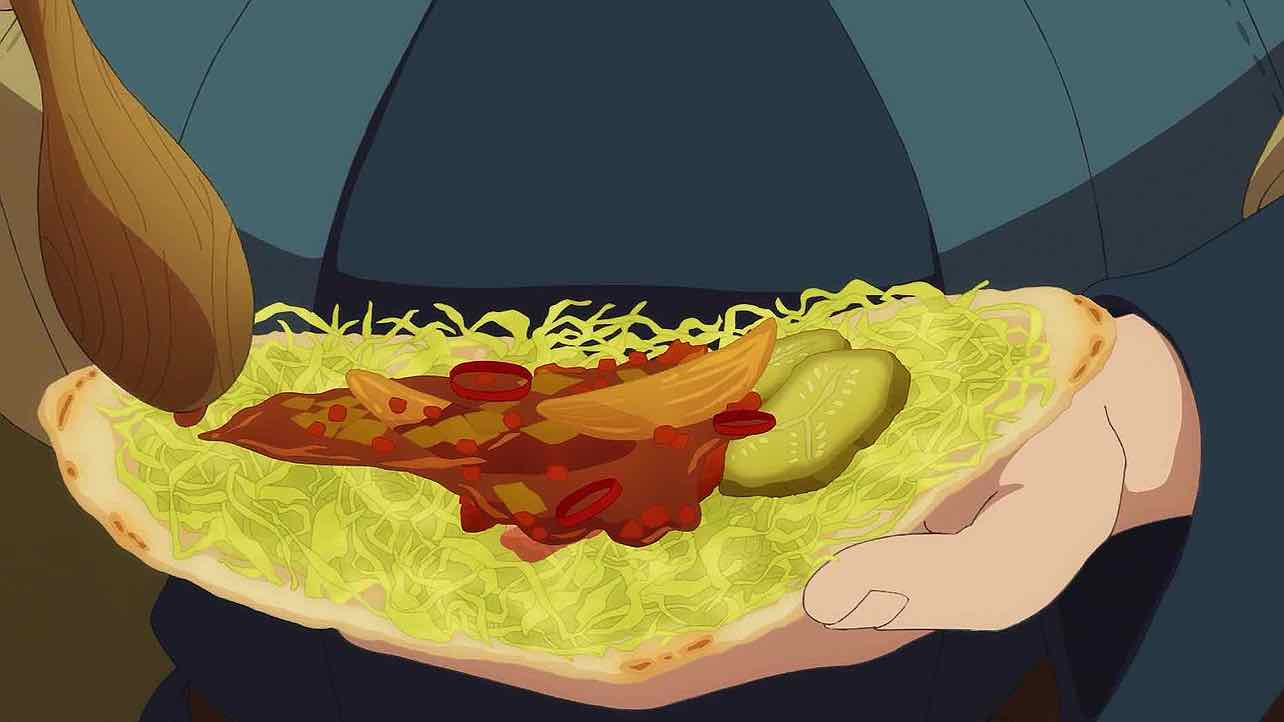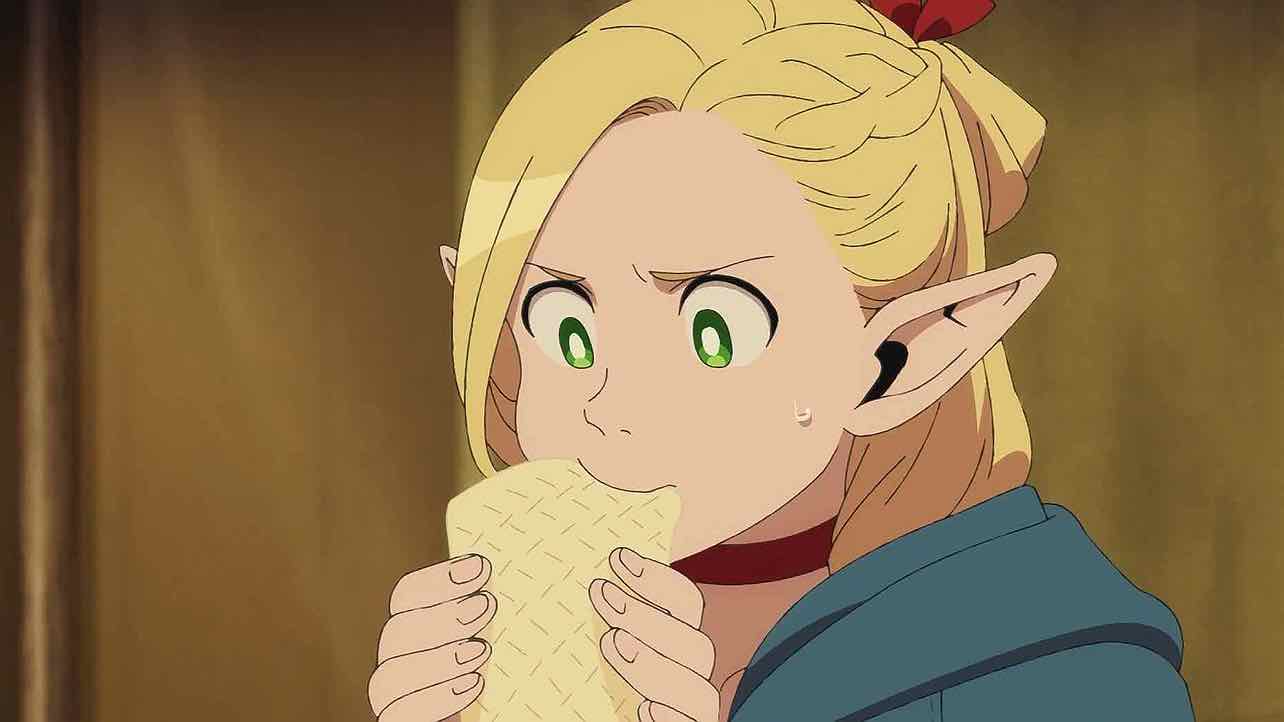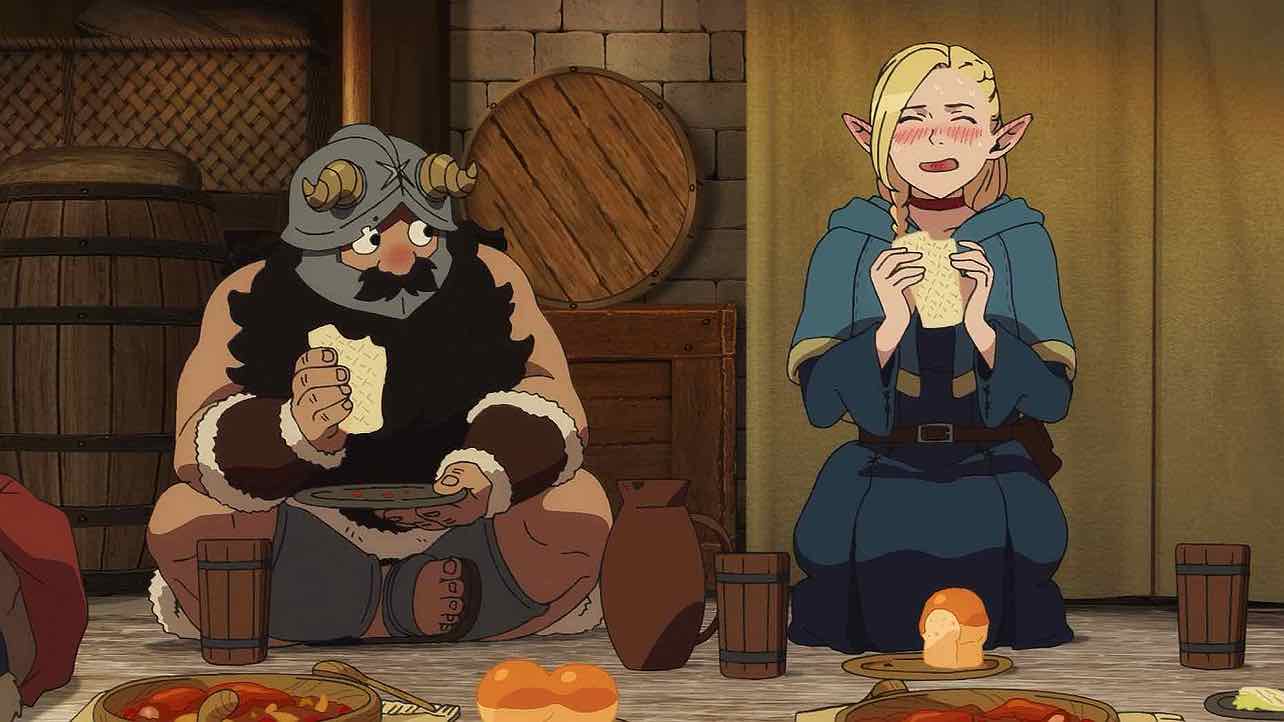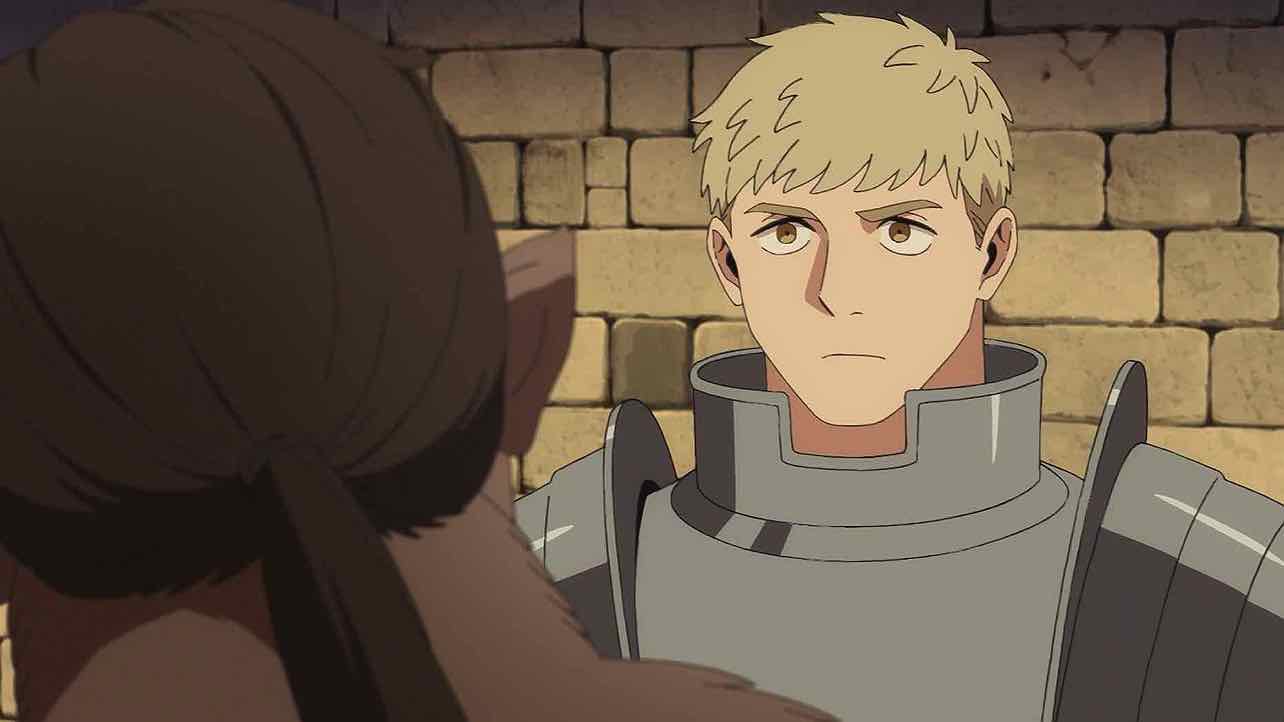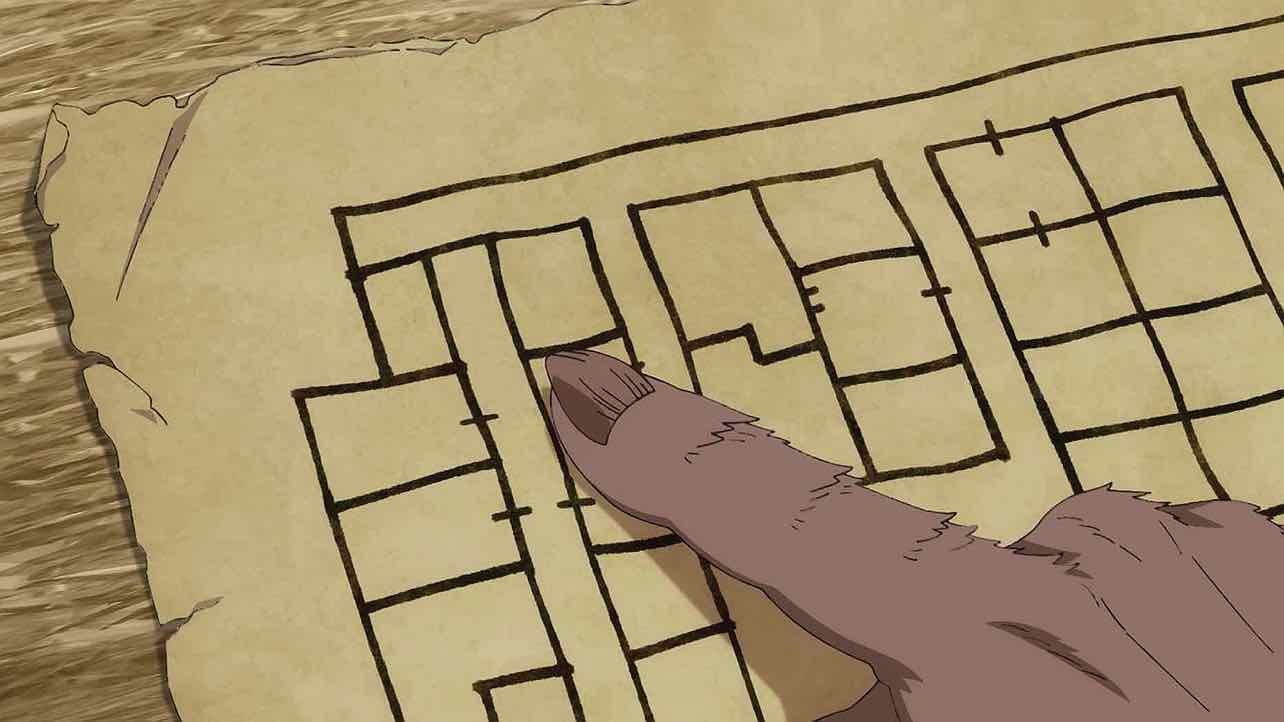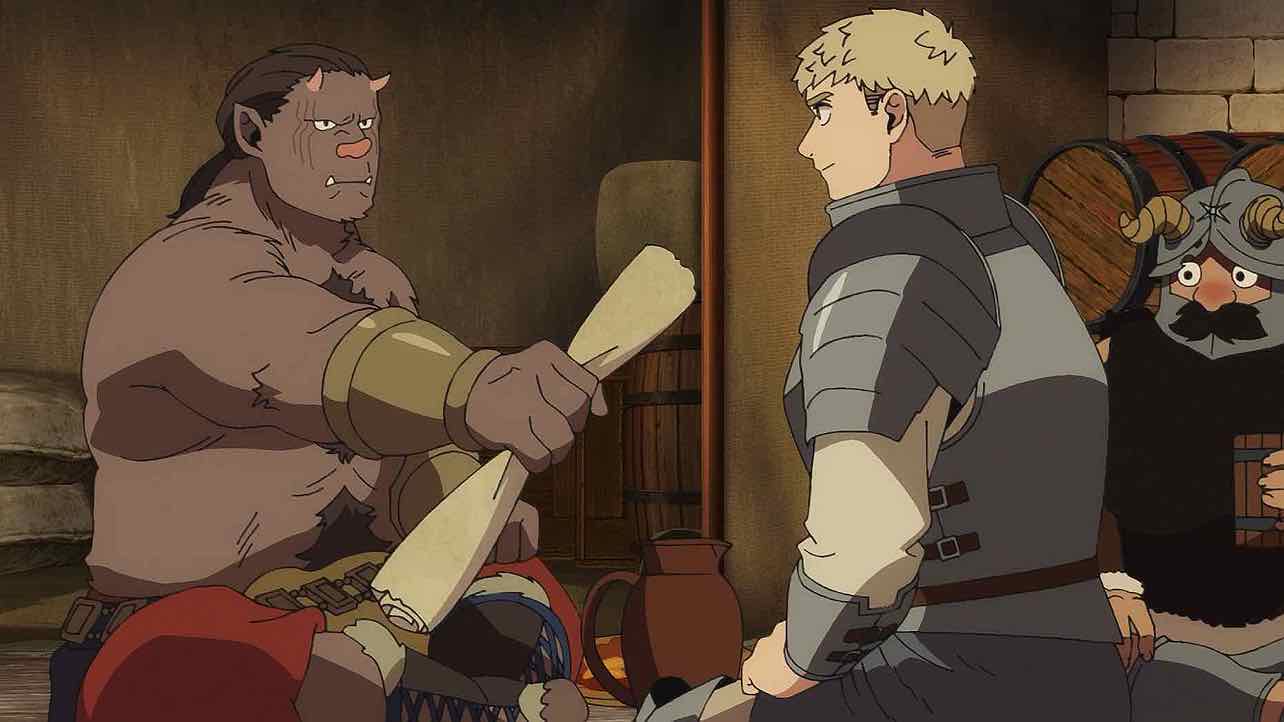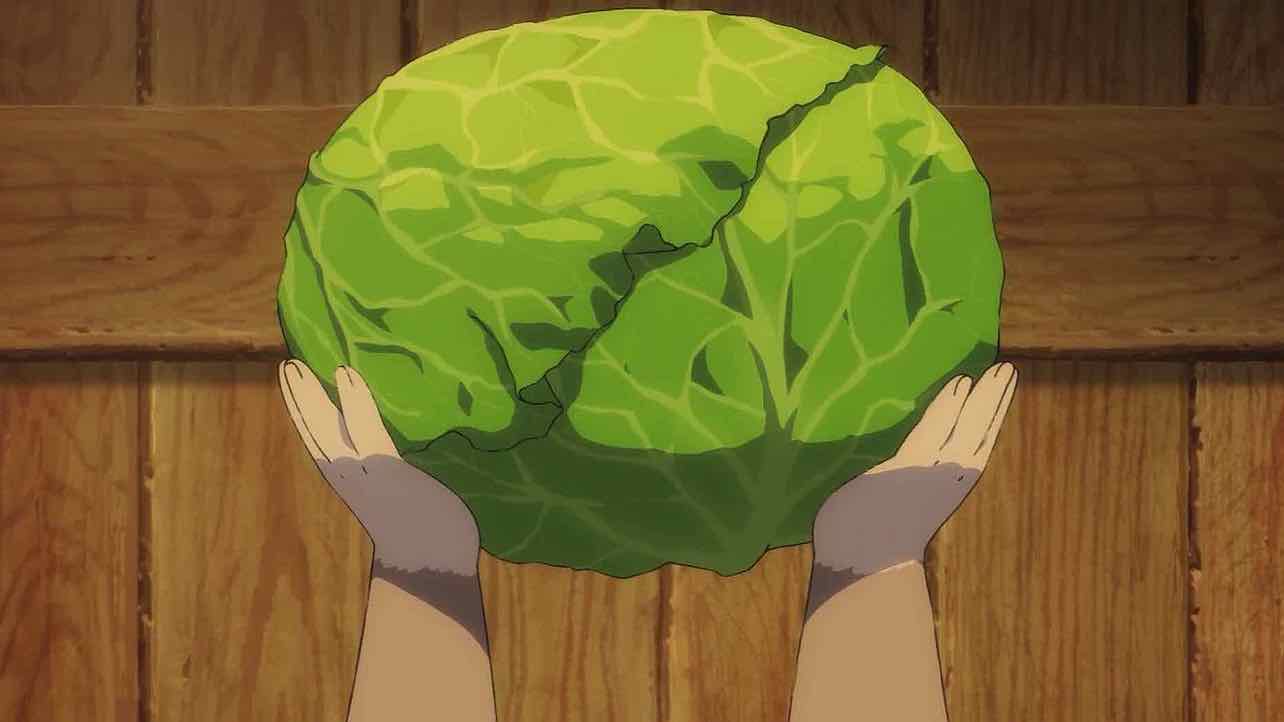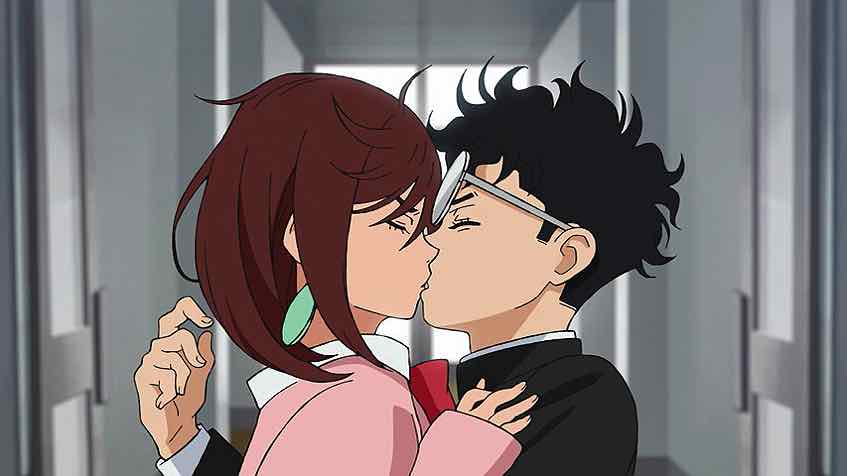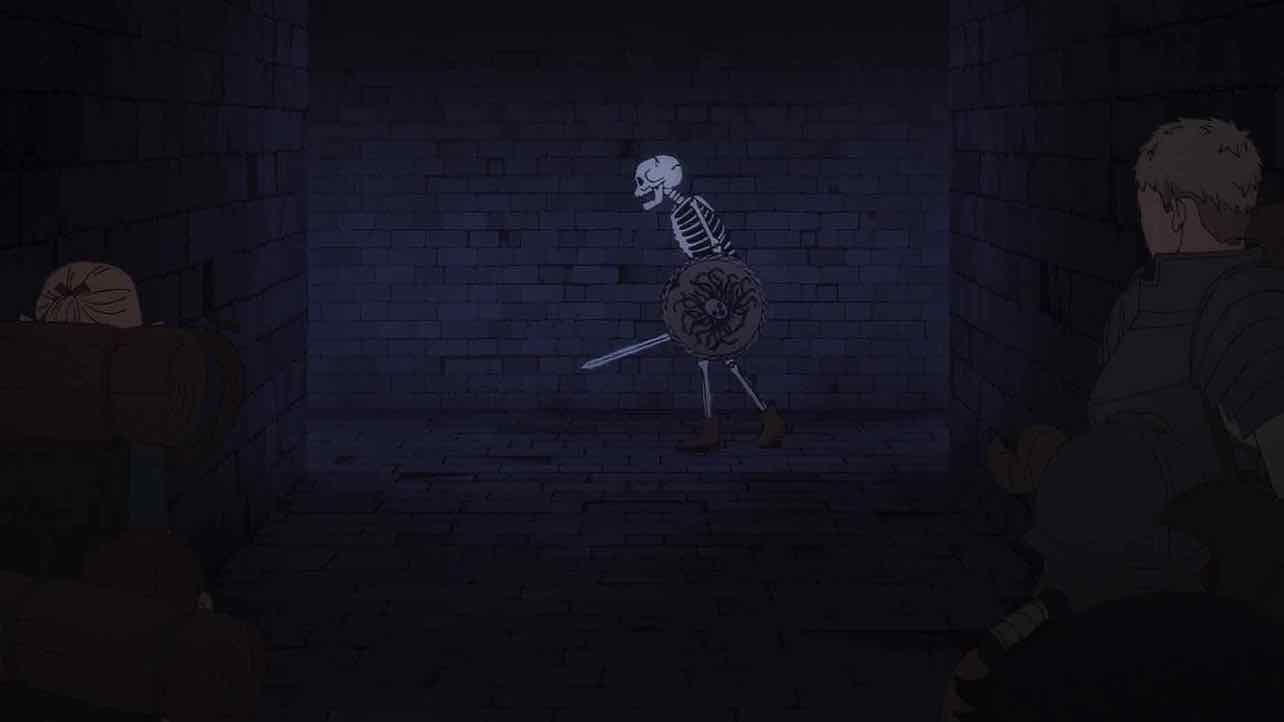 For purely selfish reasons, I was very happy with this episode of Dungeon Meshi. With all due respect to Kanno Ichigo’s prodigious talent and the courage to take chances, that whole Trigger-ization of Dungeon Meshi in Episode 3 just didn’t work for me. This look may be more orthodox, but it’s gorgeous and for me, suits the material better. And the needs of the material should always trump the studio signature, something Trigger havsn’t always agreed with. We may well see more experimentation along the way, some of it way work a treat, and I support the ambition to try new things. But if this is what we get every week for the rest of the series I’ll be very happy.
For purely selfish reasons, I was very happy with this episode of Dungeon Meshi. With all due respect to Kanno Ichigo’s prodigious talent and the courage to take chances, that whole Trigger-ization of Dungeon Meshi in Episode 3 just didn’t work for me. This look may be more orthodox, but it’s gorgeous and for me, suits the material better. And the needs of the material should always trump the studio signature, something Trigger havsn’t always agreed with. We may well see more experimentation along the way, some of it way work a treat, and I support the ambition to try new things. But if this is what we get every week for the rest of the series I’ll be very happy.
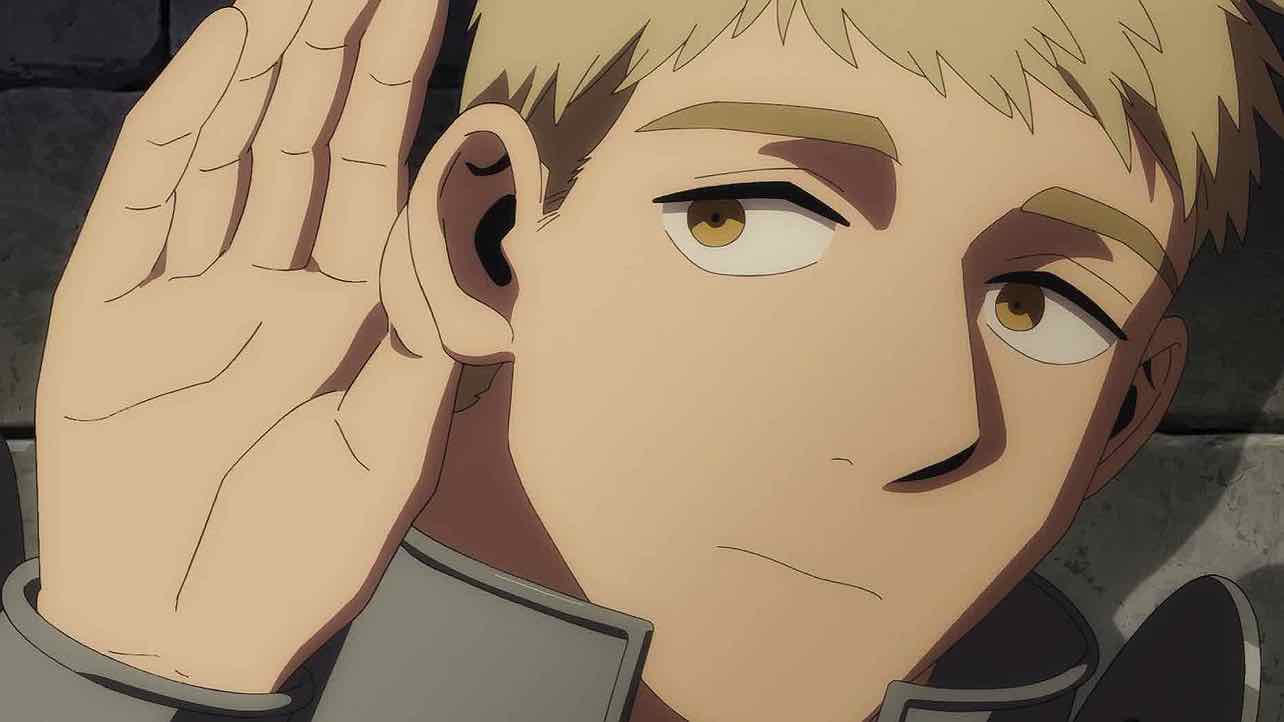 Make no mistake, this ep was very much a showcase for Senshi. He’s one smart dude, that’s for sure. But it goes beyond cooking, as good as that as he is. Senshi is something of a caretaker of the dungeon, well-versed in its biology and committed to preserving its ecosystem. He keeps a base on the third floor despite it having few edible monsters, venturing to other floors to hunt and trade. But more than that, he uses golems as mobile vegetable farms – surely not the use for which they were intended, but one which reflects Senshi’s holistic ethos perfectly.
Make no mistake, this ep was very much a showcase for Senshi. He’s one smart dude, that’s for sure. But it goes beyond cooking, as good as that as he is. Senshi is something of a caretaker of the dungeon, well-versed in its biology and committed to preserving its ecosystem. He keeps a base on the third floor despite it having few edible monsters, venturing to other floors to hunt and trade. But more than that, he uses golems as mobile vegetable farms – surely not the use for which they were intended, but one which reflects Senshi’s holistic ethos perfectly.
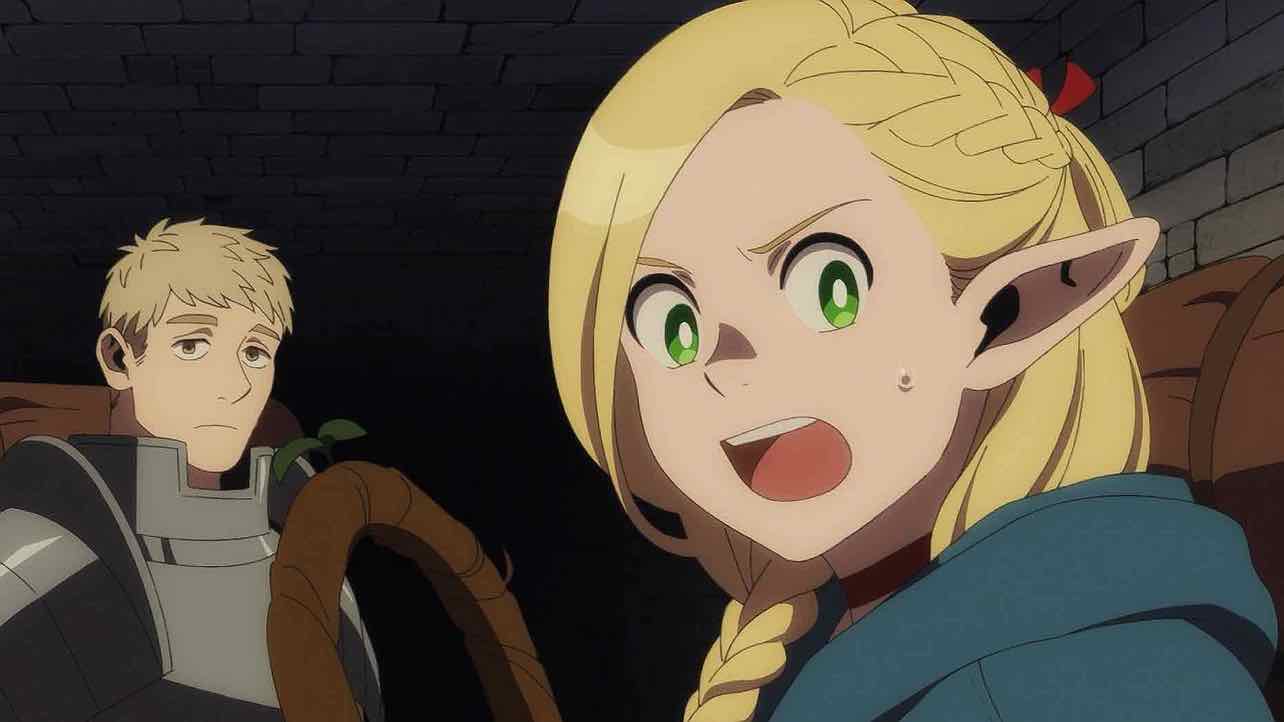 It’s quite a system the dwarf has developed here. It starts with his activating the golems in the first place – though that’d actually illegal without a license – and extends through every aspect of cultivation and harvest. And eventually, to sale and barter (though the unmanned vegetable stand was a whiff for obvious reasons). He puts the others to work helping him with this harvest and planting cycle, and the reward is a meal made from “normal” food at last. Marcille’s joy at this is tempered by her realization of how Senshi manages to make the golems so productive, but of course Chilchuck is right – if she’s squeamish about that, she may as well avoid vegetables on the surface too.
It’s quite a system the dwarf has developed here. It starts with his activating the golems in the first place – though that’d actually illegal without a license – and extends through every aspect of cultivation and harvest. And eventually, to sale and barter (though the unmanned vegetable stand was a whiff for obvious reasons). He puts the others to work helping him with this harvest and planting cycle, and the reward is a meal made from “normal” food at last. Marcille’s joy at this is tempered by her realization of how Senshi manages to make the golems so productive, but of course Chilchuck is right – if she’s squeamish about that, she may as well avoid vegetables on the surface too.
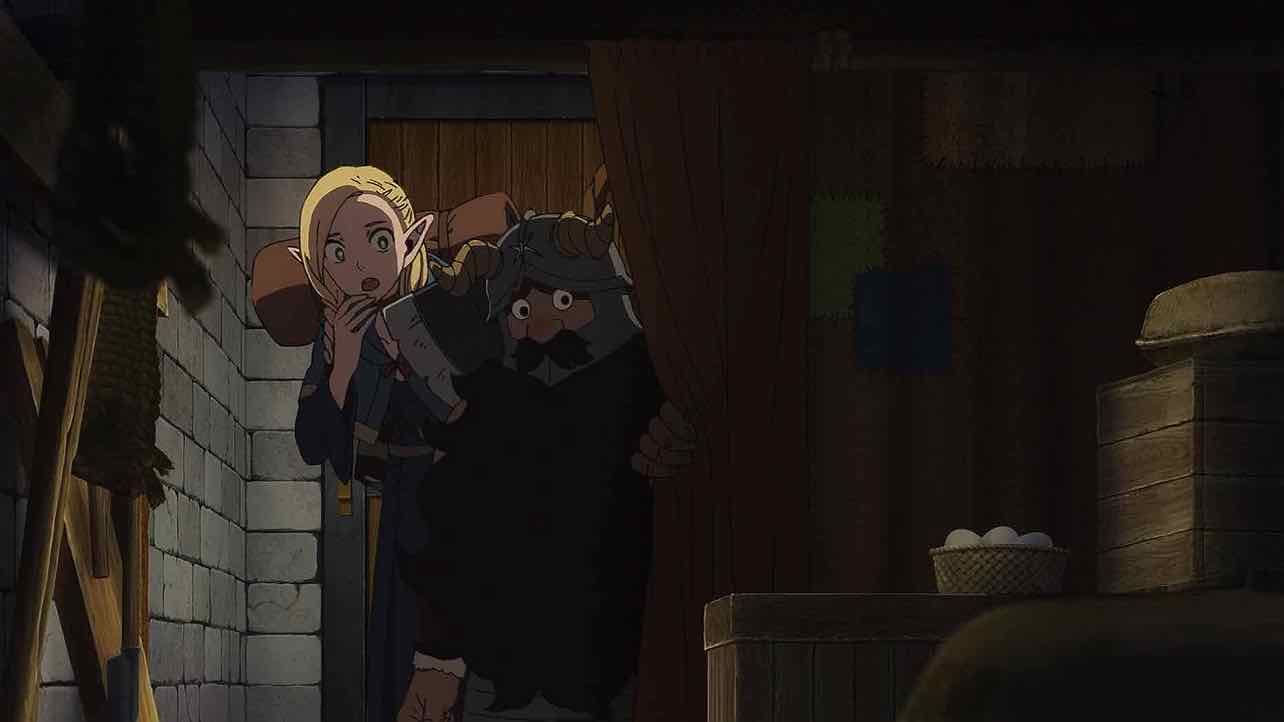 Senshi even refuses Marcille’s offer of a magical kick-start to his fire – “when you make something easier, you may lose your edge in a skill. Convenience and ease aren’t the same thing”. This is clearly food for thought for Marcille. And Senshi’s answer as to why he doesn’t just live an easier to sustain life on the surface if he wants to be self-sufficient is one for Laios – he stays to help keep the natural order of the dungeon ecosystem in place. Because if he didn’t do it, who would? He couches it in terms of a debt he owes to the place which sustains him, which is very much a conservationist perspective.
Senshi even refuses Marcille’s offer of a magical kick-start to his fire – “when you make something easier, you may lose your edge in a skill. Convenience and ease aren’t the same thing”. This is clearly food for thought for Marcille. And Senshi’s answer as to why he doesn’t just live an easier to sustain life on the surface if he wants to be self-sufficient is one for Laios – he stays to help keep the natural order of the dungeon ecosystem in place. Because if he didn’t do it, who would? He couches it in terms of a debt he owes to the place which sustains him, which is very much a conservationist perspective.
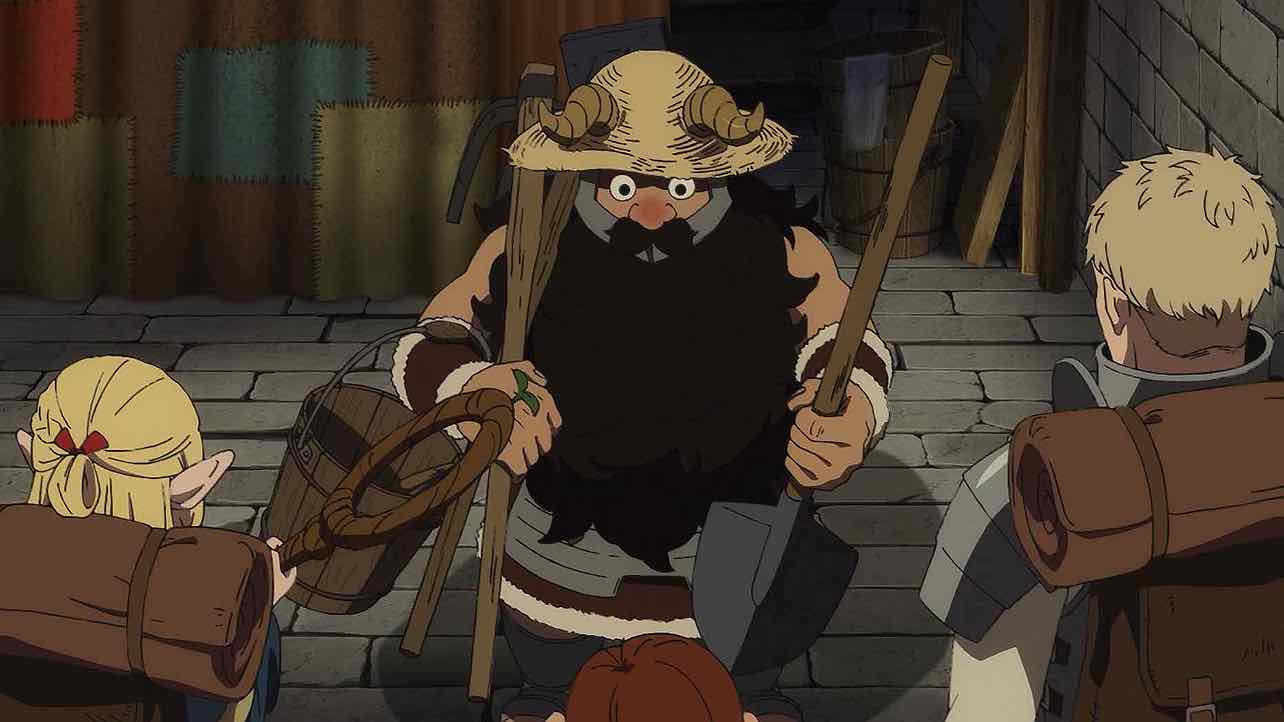 The notion very much drives the second part of the episode too, though that goes to a much darker place. The orcs arrive on the third level, something that isn’t supposed to happen, and promptly wipe out the innkeeper and clientele at the inn where Senshi was trying to use his crop for barter. But their leader Zon (Gotou Kousuke) knows Senshi – the orcs are his usual produce customers, in fact. So he effectively tells Senshi that he’ll take the party’s vegetables and belongings and leave it at that. Senshi, however, has noted that the orcs have taken the inn’s leaven and flour (he makes sure of the former) and agrees to surrender without a fight into if Zon lets them stay the night at his camp.
The notion very much drives the second part of the episode too, though that goes to a much darker place. The orcs arrive on the third level, something that isn’t supposed to happen, and promptly wipe out the innkeeper and clientele at the inn where Senshi was trying to use his crop for barter. But their leader Zon (Gotou Kousuke) knows Senshi – the orcs are his usual produce customers, in fact. So he effectively tells Senshi that he’ll take the party’s vegetables and belongings and leave it at that. Senshi, however, has noted that the orcs have taken the inn’s leaven and flour (he makes sure of the former) and agrees to surrender without a fight into if Zon lets them stay the night at his camp.
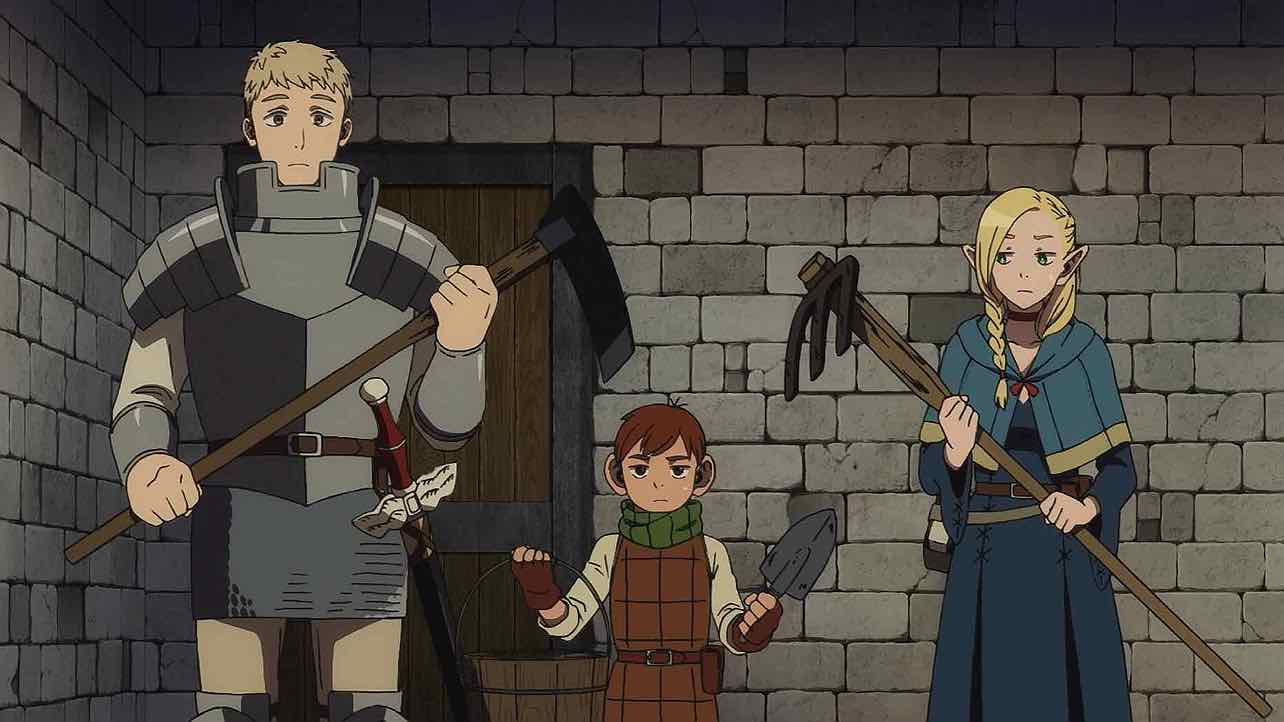 Bread is indeed a luxury in a place like this, though Senshi is so entranced at the idea of baking it that he has no plan for what to do after that. There’s no love lost between Zon and Marcille, orc-elf relationships seemingly being a real flash point. She sees orcs as plunderers and murderers, and for very good reason – they survive mainly by plundering and murdering. For Zon, they do what they do because persecution by humans forced them to it. This argument happens against a backdrop of mixing and kneading and rising, and the others steer well clear of it. But when Zon asks Laios – the “tall, quiet man” – why he seeks to conquer the dungeon, some very interesting seeds are planted even without a golem in sight.
Bread is indeed a luxury in a place like this, though Senshi is so entranced at the idea of baking it that he has no plan for what to do after that. There’s no love lost between Zon and Marcille, orc-elf relationships seemingly being a real flash point. She sees orcs as plunderers and murderers, and for very good reason – they survive mainly by plundering and murdering. For Zon, they do what they do because persecution by humans forced them to it. This argument happens against a backdrop of mixing and kneading and rising, and the others steer well clear of it. But when Zon asks Laios – the “tall, quiet man” – why he seeks to conquer the dungeon, some very interesting seeds are planted even without a golem in sight.
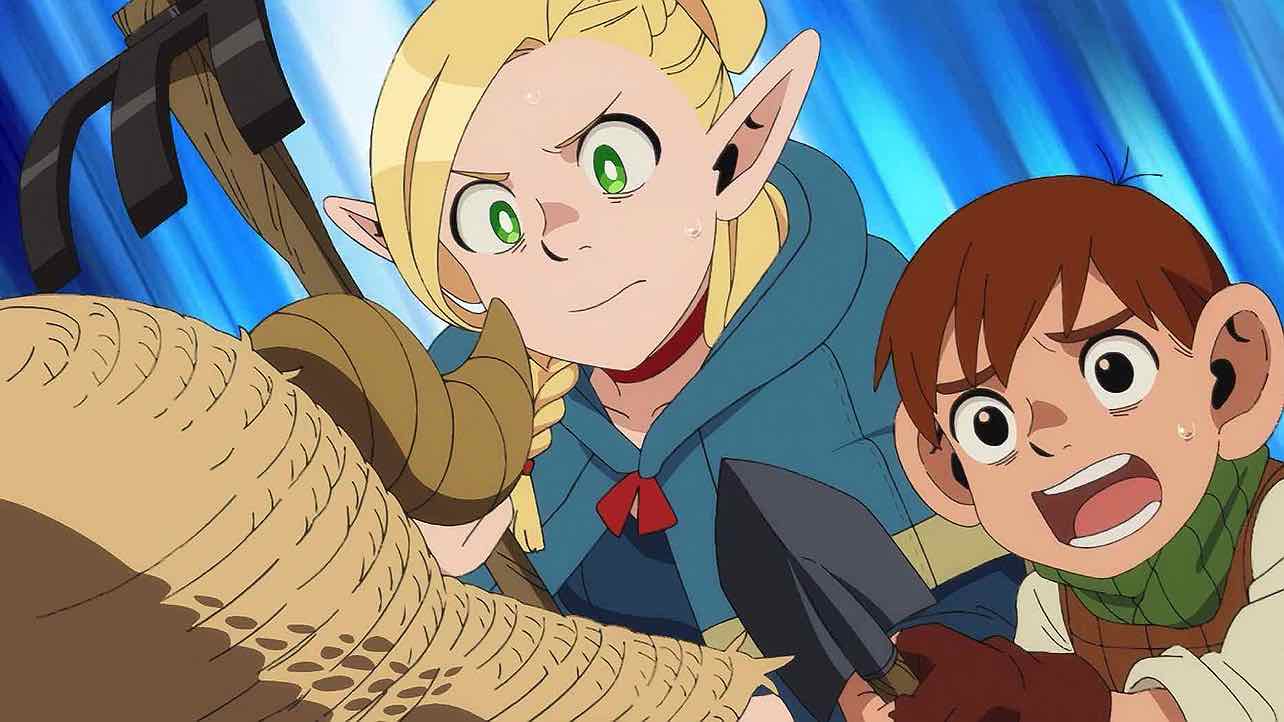 In the end, Zon and Laios have an overlapping interest. The red dragon has shown up near the orc settlement deep down on the fourth level, forcing many to flee. Laios has business with the dragon, obviously. But he now has to think beyond merely saving Falin and about his larger purpose in the dungeon, and about the legends that surround it. The first order of business is survival, but man – and Dungeon Meshi – can not live on bread alone.
In the end, Zon and Laios have an overlapping interest. The red dragon has shown up near the orc settlement deep down on the fourth level, forcing many to flee. Laios has business with the dragon, obviously. But he now has to think beyond merely saving Falin and about his larger purpose in the dungeon, and about the legends that surround it. The first order of business is survival, but man – and Dungeon Meshi – can not live on bread alone.


